Our Services
Physical Therapy
Tecar Therapy
Shockwave Therapy
Sports rehabilitation
Restore by physyour
Trigger point therapy
50/50 by Physyour
Cupping
We Stretch
Post-surgery rehabilitation
Musculoskeletal pain
Headaches, migraine, bruxism
Pre- and post-natal exercises
Physyour at your door
Pressotherapy
Acupuncture
Our Blogs
-
Manual Therapy VS Exercise Therapy What’s More effective?
Physiotherapy is a multidisciplinary field that integrates various evidence-based treatments to address musculoskeletal dysfunctions. Two
-
Understanding Upper Crossed Syndrome: A Physical Therapy Perspectiv
Upper Crossed Syndrome (UCS) is a common postural imbalance characterized by specific patterns of muscle
-
The Importance of Recovery Sessions in Physical Therapy for Athletes
In the pursuit of peak performance, recovery is often the unsung hero. While training intensity and competition readiness dominate most athletic conversations, it is the recovery phase, especially when guided by physiotherapy, that allows athletes to rebuild, adapt, and ultimately excel.
 Recovery sessions in physical therapy are essential not only for injury prevention but also for optimizing performance and maintaining long-term athletic health.
Recovery sessions in physical therapy are essential not only for injury prevention but also for optimizing performance and maintaining long-term athletic health.
Why Recovery Matters
Recovery is the process by which the body restores physiological and psychological balance after stress. In athletes, this includes tissue repair, neuromuscular recalibration, hormonal normalization, and mental reset. Without structured recovery, athletes risk overtraining syndrome (OTS), decreased performance, and increased susceptibility to injuries (Kellmann, 2010).Benefits of Recovery Sessions in Physiotherapy
- Injury Prevention
- Enhanced Performance
- Mental Recovery and Readiness
- Tissue Regeneration and Repair
- Customized Load Management
Evidence-Based Recovery Techniques Used in Physiotherapy
Recovery sessions may include a combination of:- Active recovery (low-intensity aerobic exercise)
- Manual therapy and soft tissue mobilization
- Foam rolling and myofascial release
- Cold-water immersion, contrast baths, or cryotherapy
- Stretching and mobility drills
- Electrical stimulation
- Pneumatic compression
- Guided breathwork and relaxation techniques
- Cupping therapy
- Gun massage
Practical Recommendations
For optimal performance and longevity, recovery sessions should be:- Individualized based on sport demands, injury history, and training phase
- Planned proactively within the training calendar
- Guided by qualified physiotherapists who understand the athlete’s sport-specific needs
- Integrated with nutrition, sleep hygiene, and psychological support
Conclusion
Recovery is not optional, it's a critical component of an athlete’s success. Physiotherapy-led recovery sessions play an essential role in helping athletes bounce back from exertion, avoid injury, and reach new performance levels. By investing in recovery, athletes are investing in their sustainability, resilience, and results.
You Can Find in Our Shop
PhysyourShop offers a curated range of high-quality equipment and supplies designed to support movement, wellness, and performance at every level.
Who We Are

Physyour is dedicated to helping everyone achieve an active, pain-free life. Our online store offers top-quality physical therapy and sports equipment, carefully selected item by item.
Driven by personal experiences with physical limitations and injuries, our founder, Elie Bou Antoun, envisioned a store that provides the same level of care and attention as his clinic clients.
We prioritize individualized support for each customer and offer daily tutorial videos to empower you in maintaining your health and wellness. Join us on the journey to Move, Restore, and Revive your body.

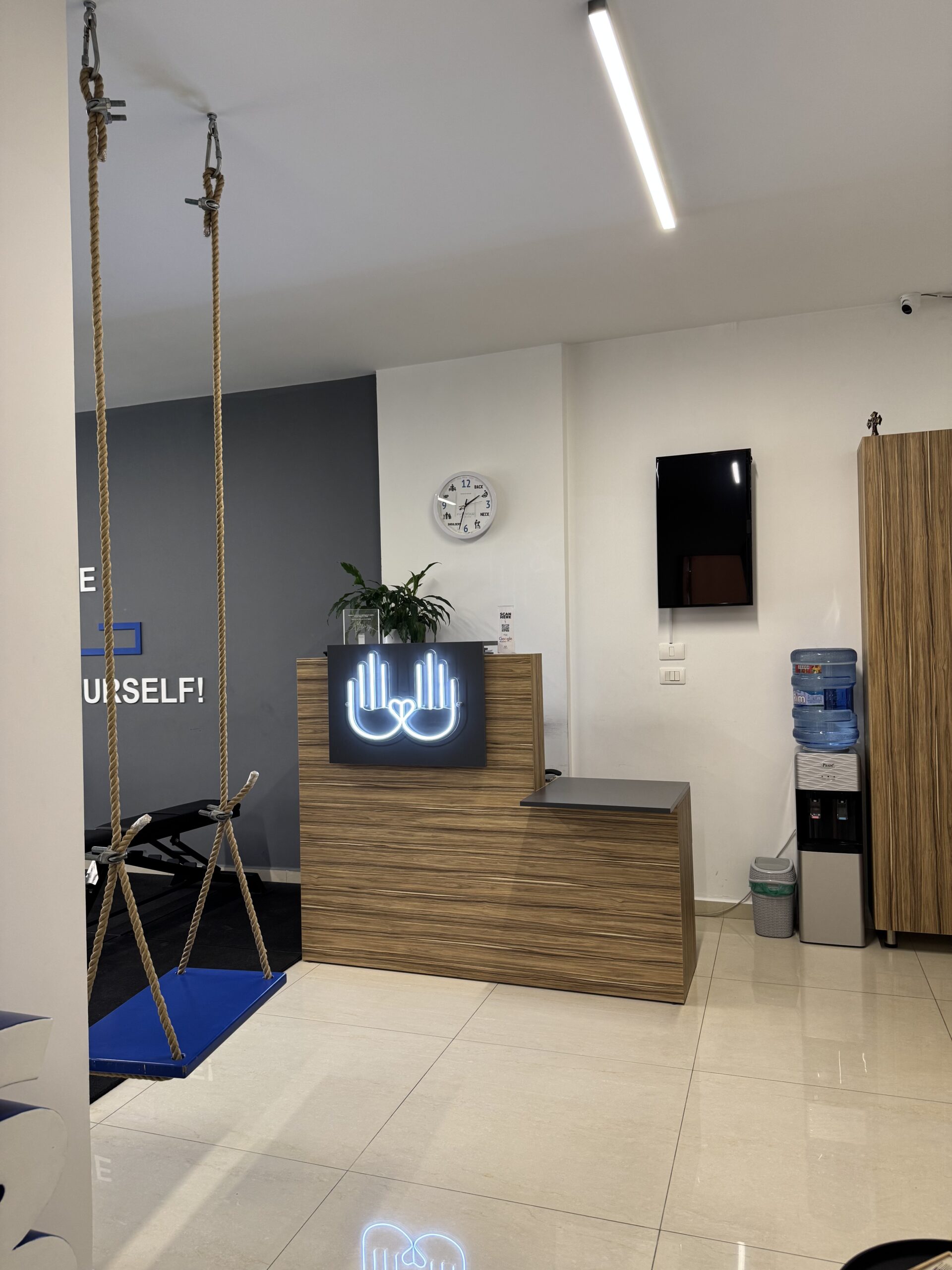
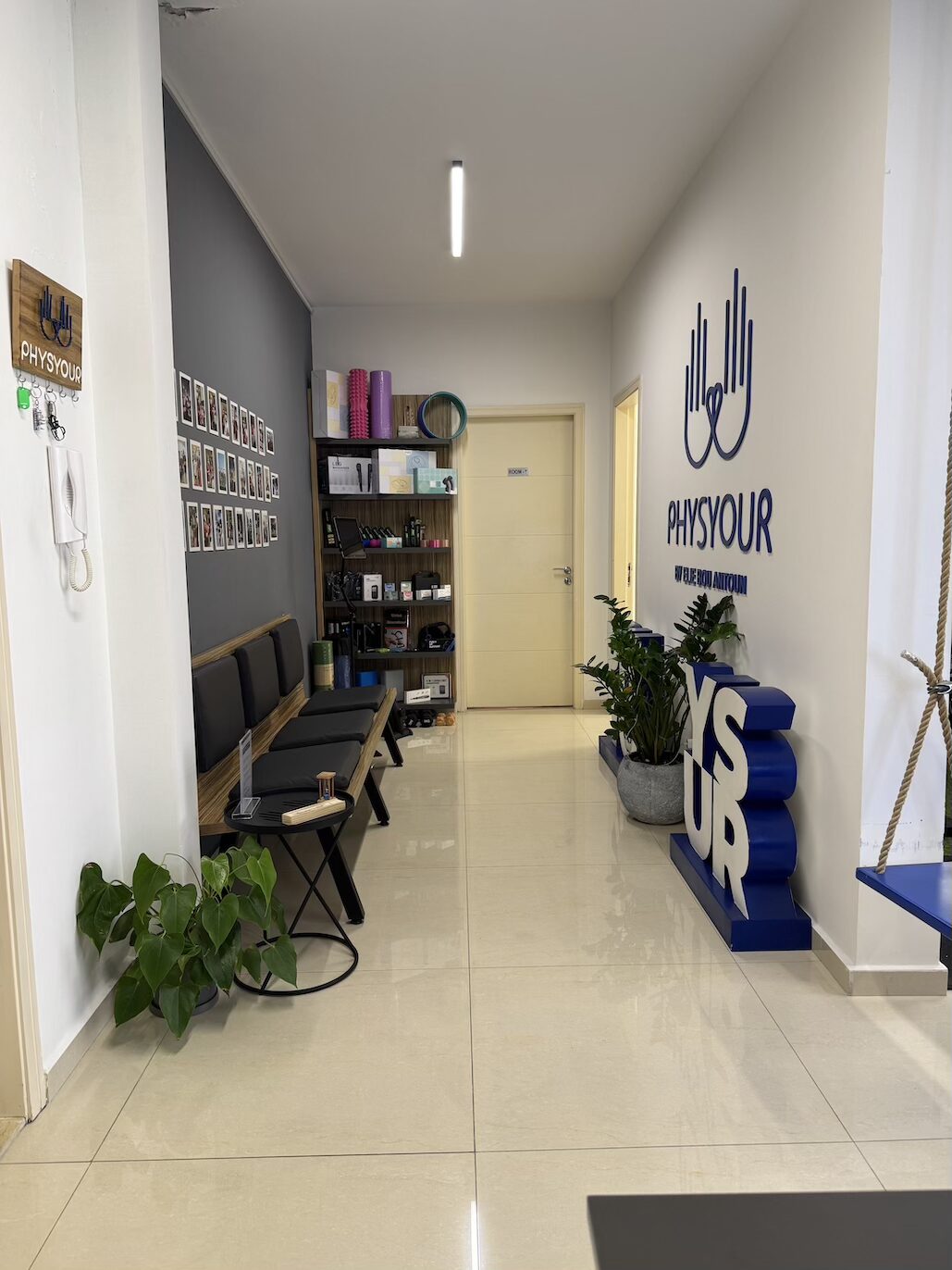
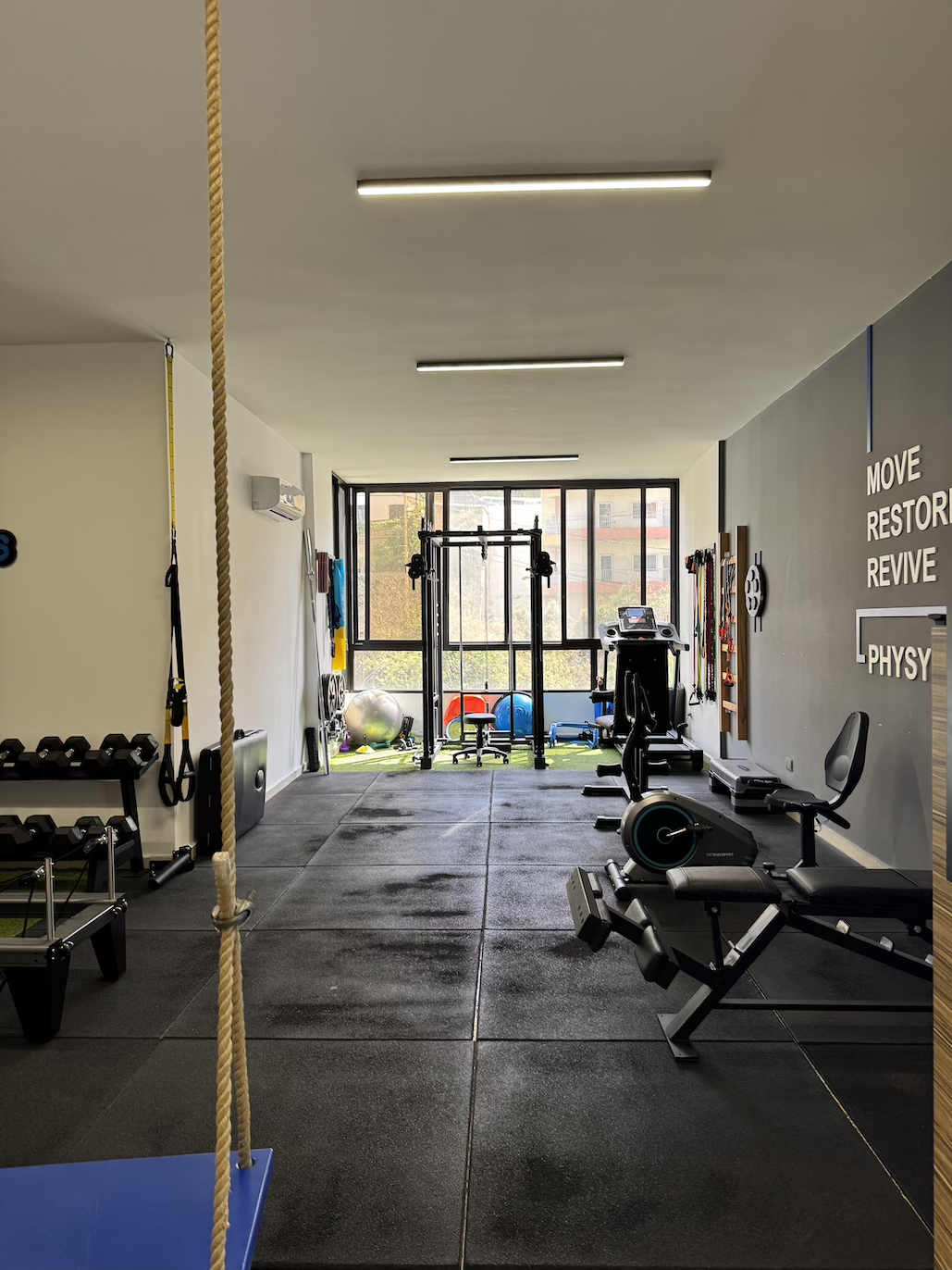
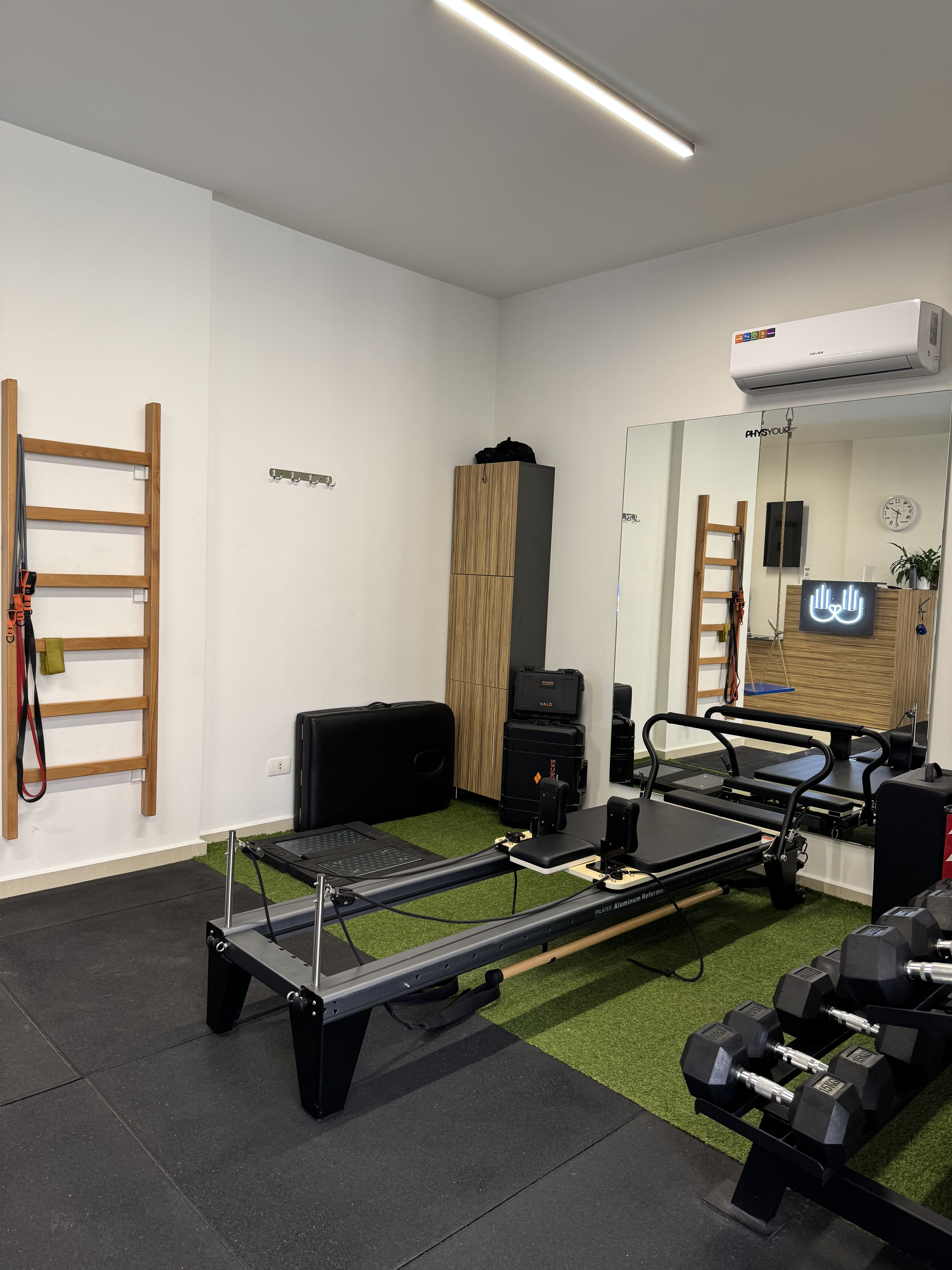
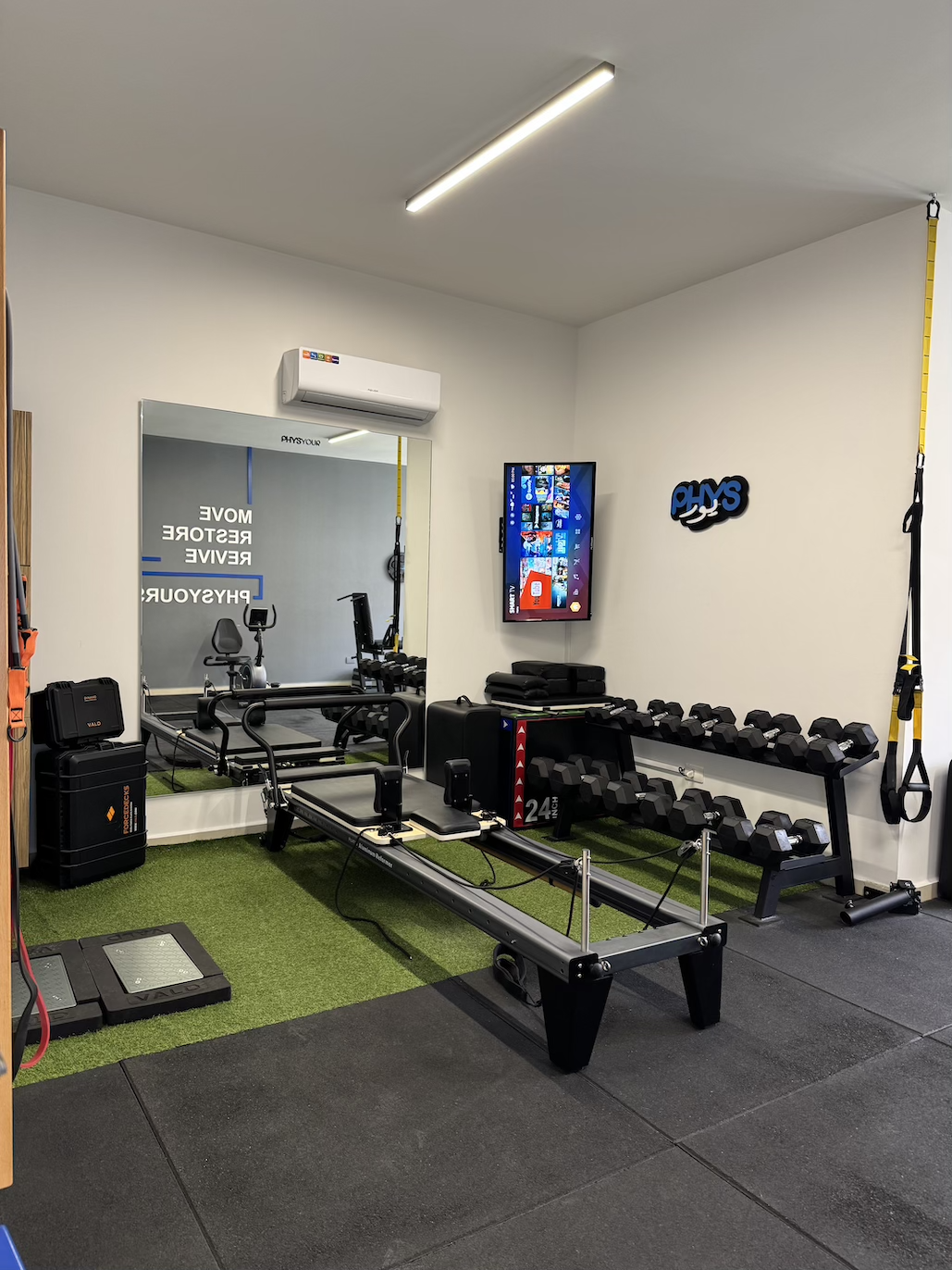

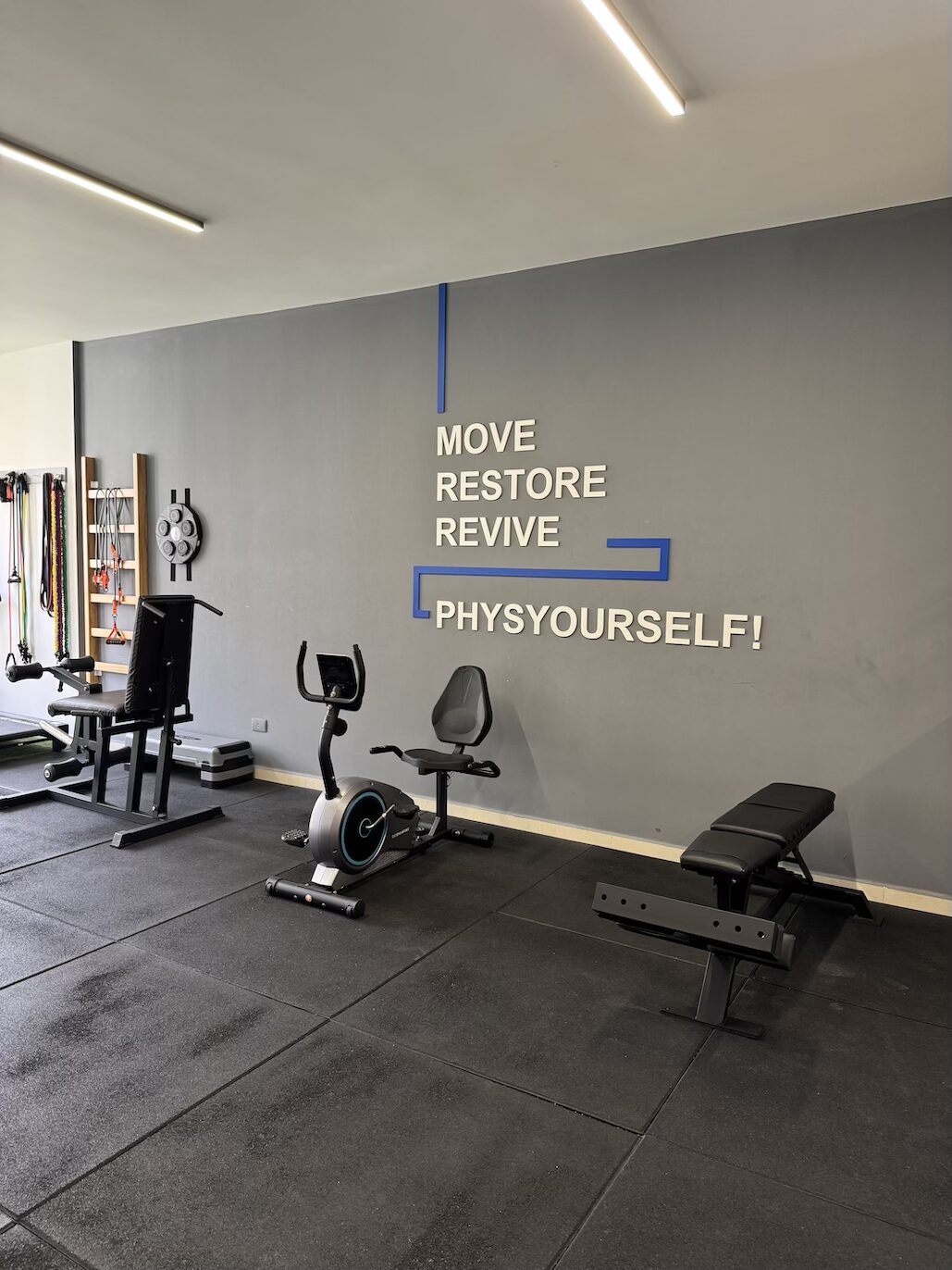
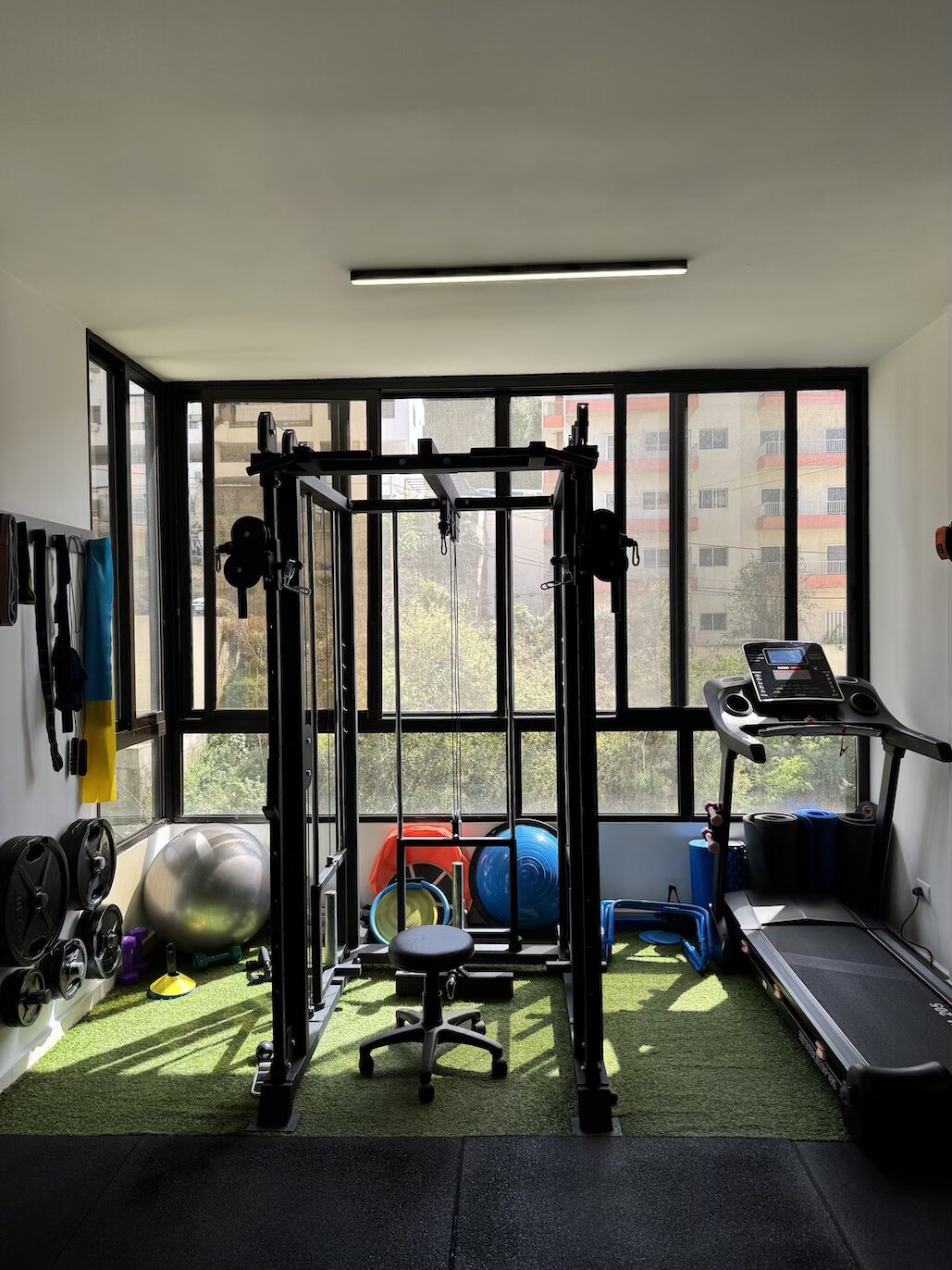
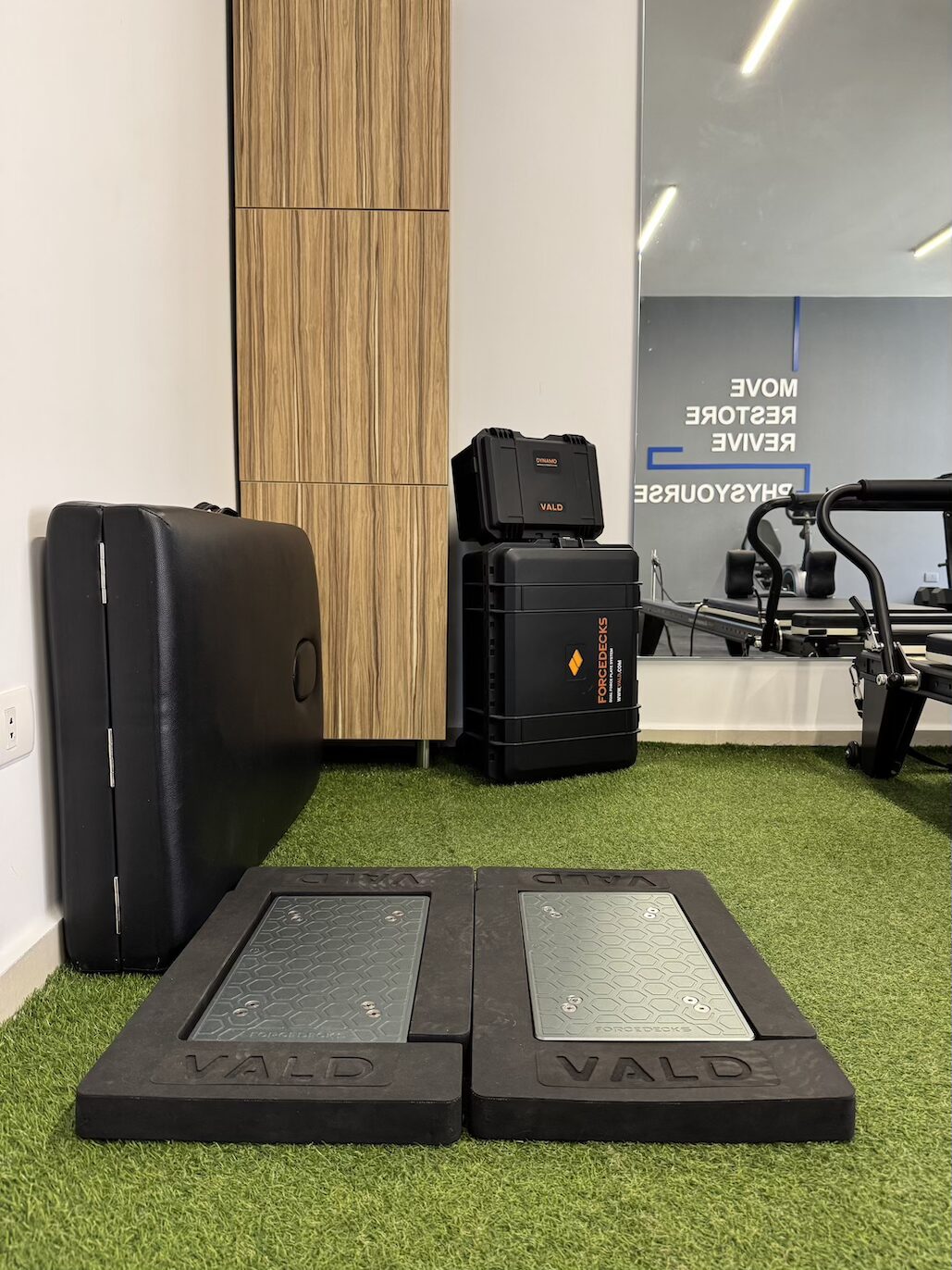
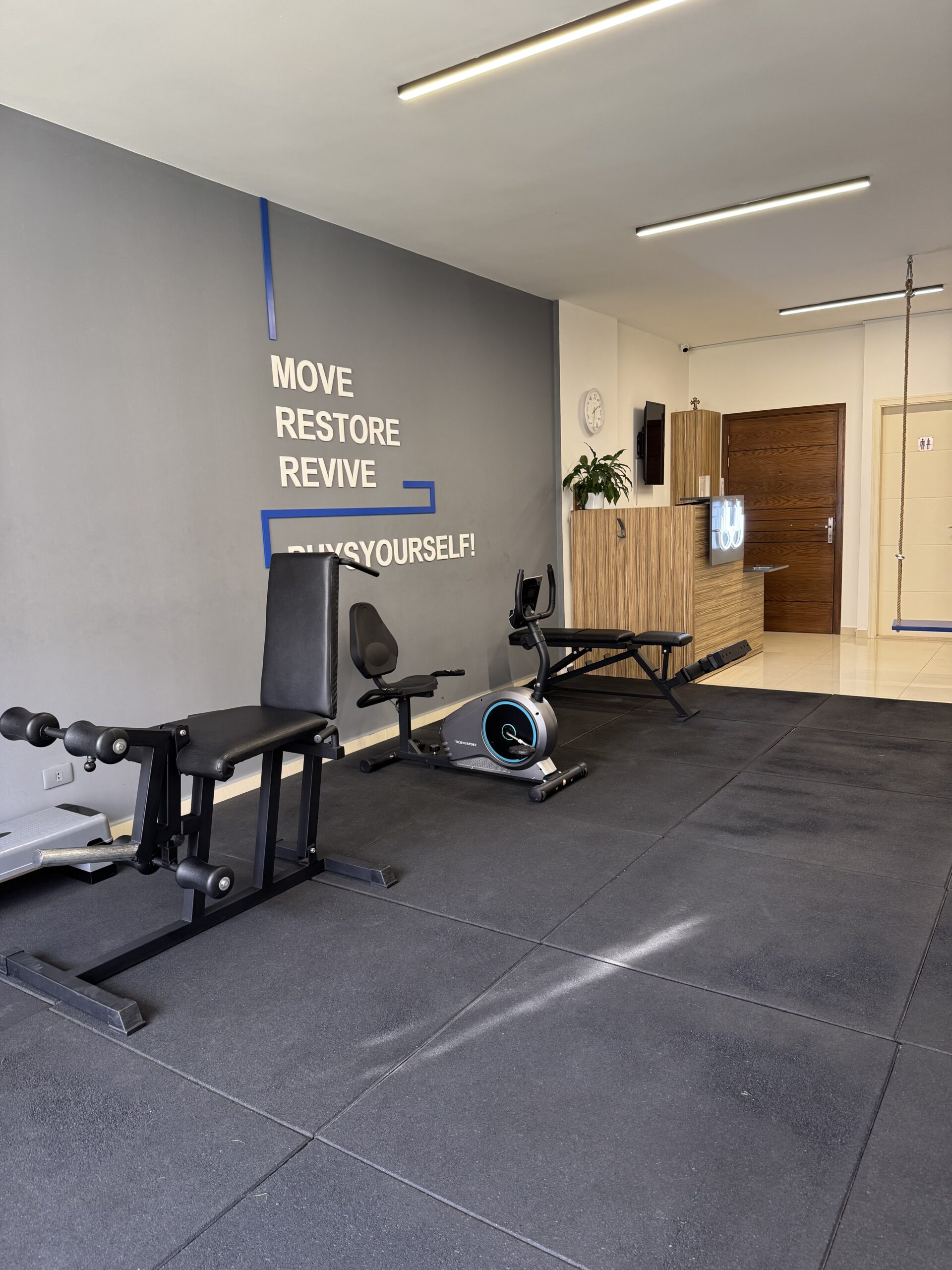
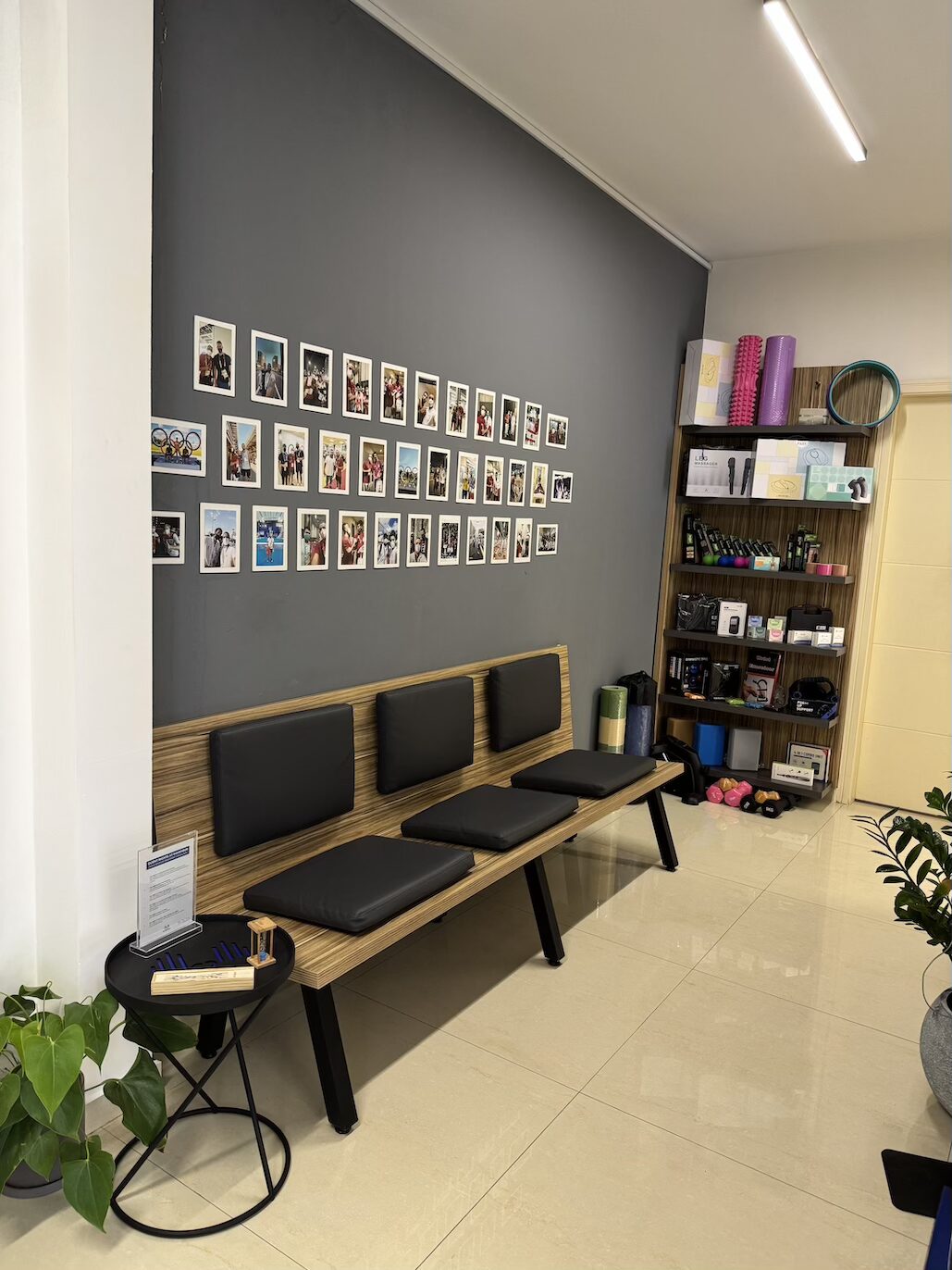
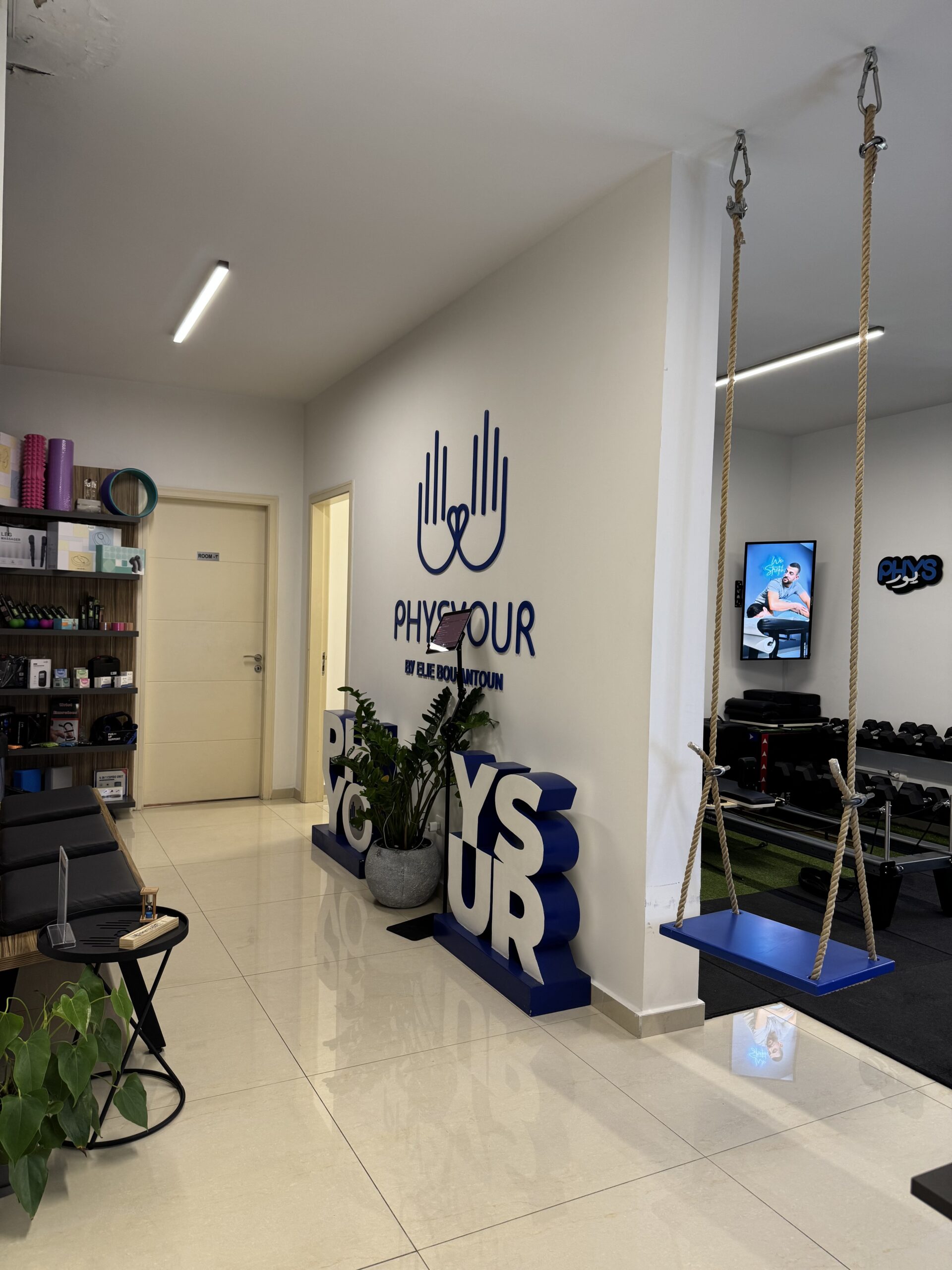
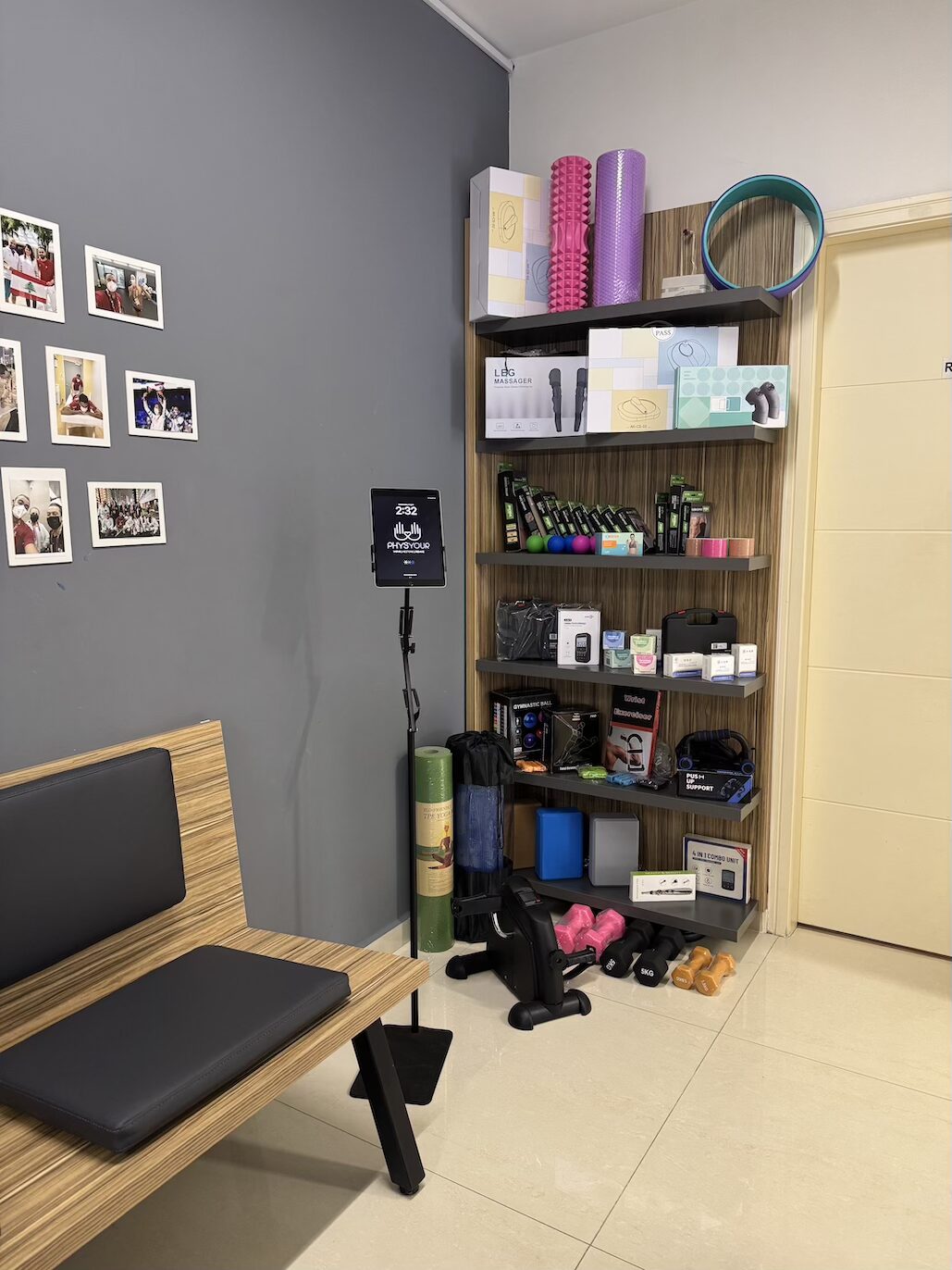
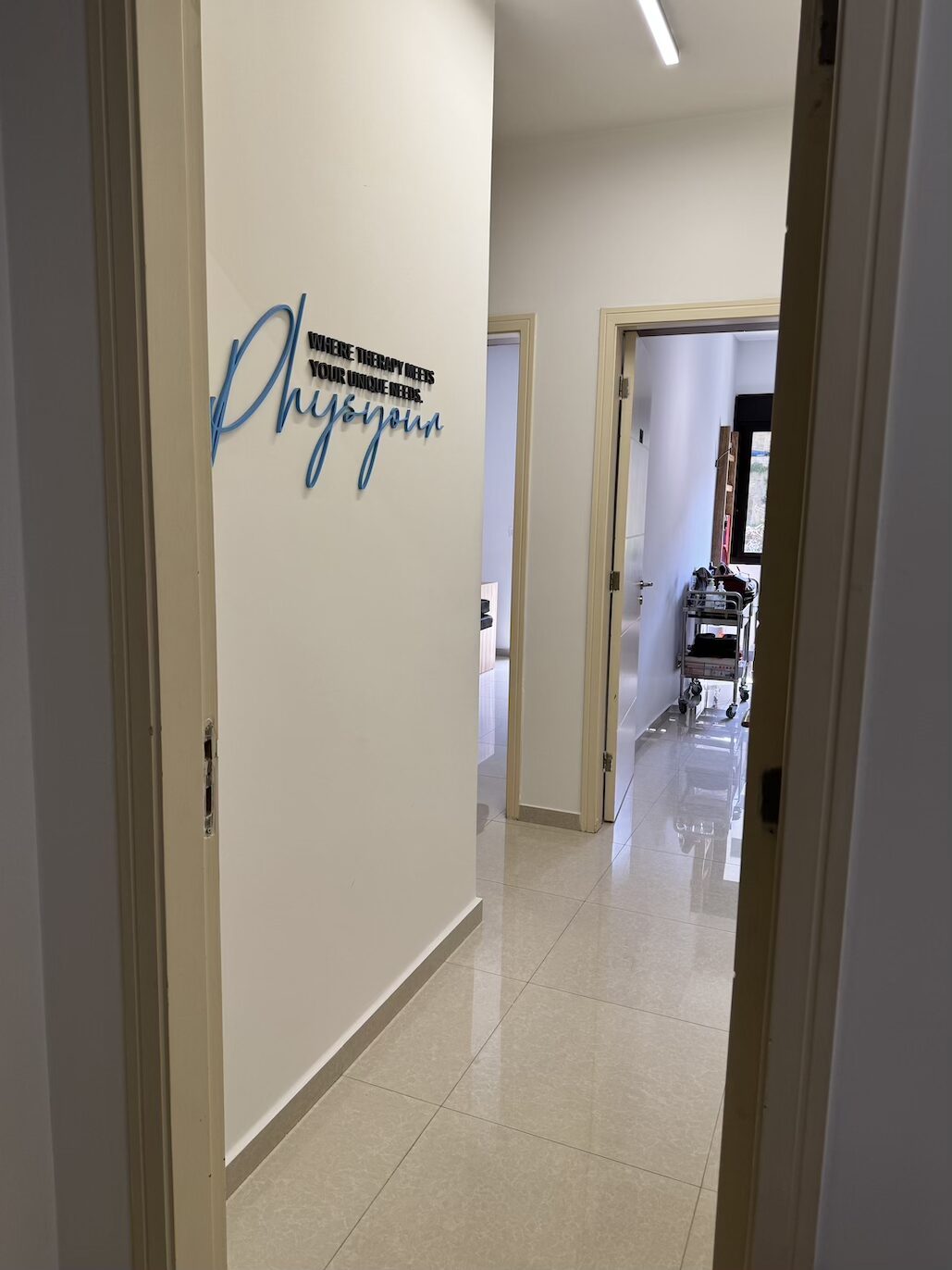
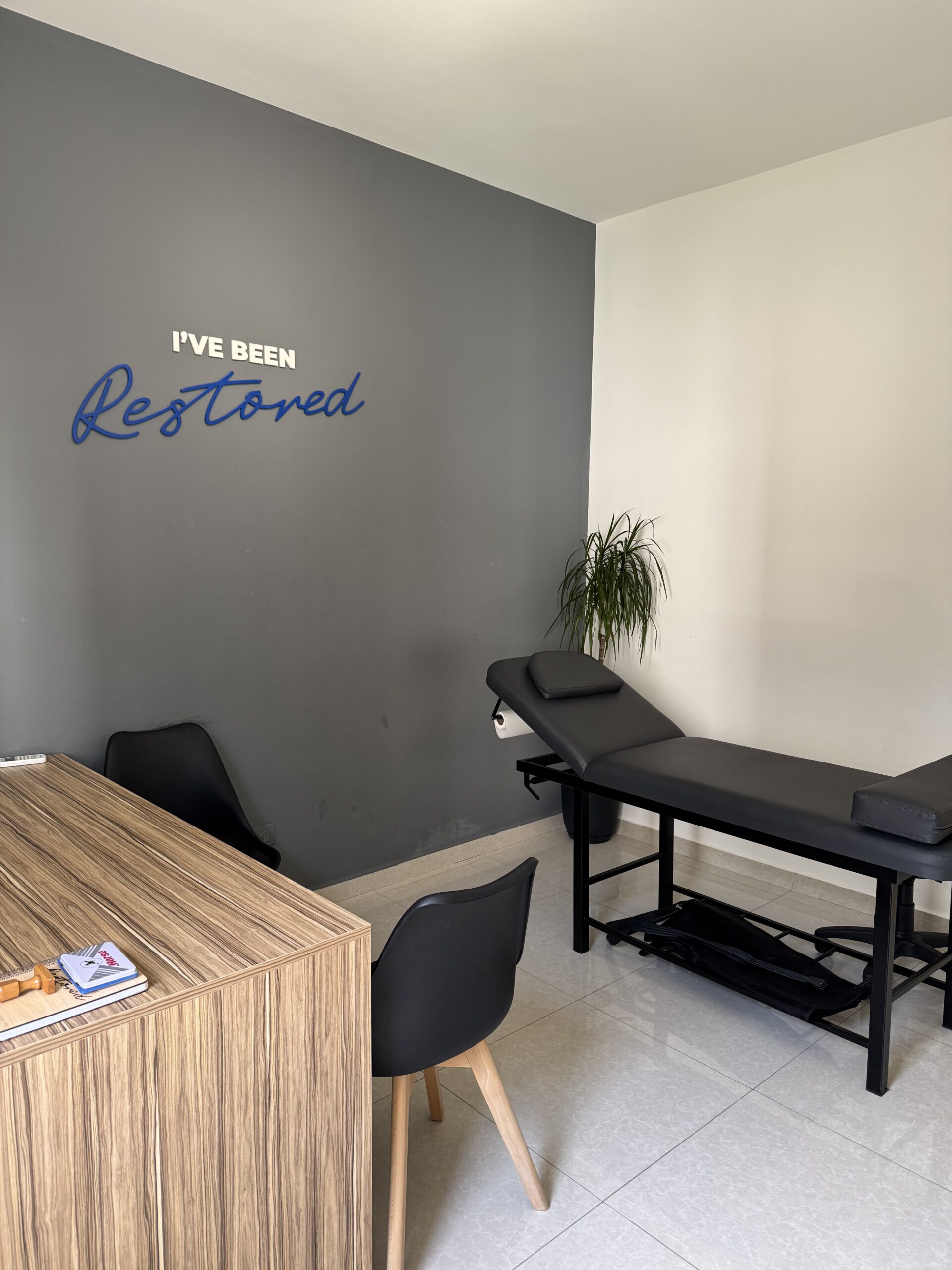
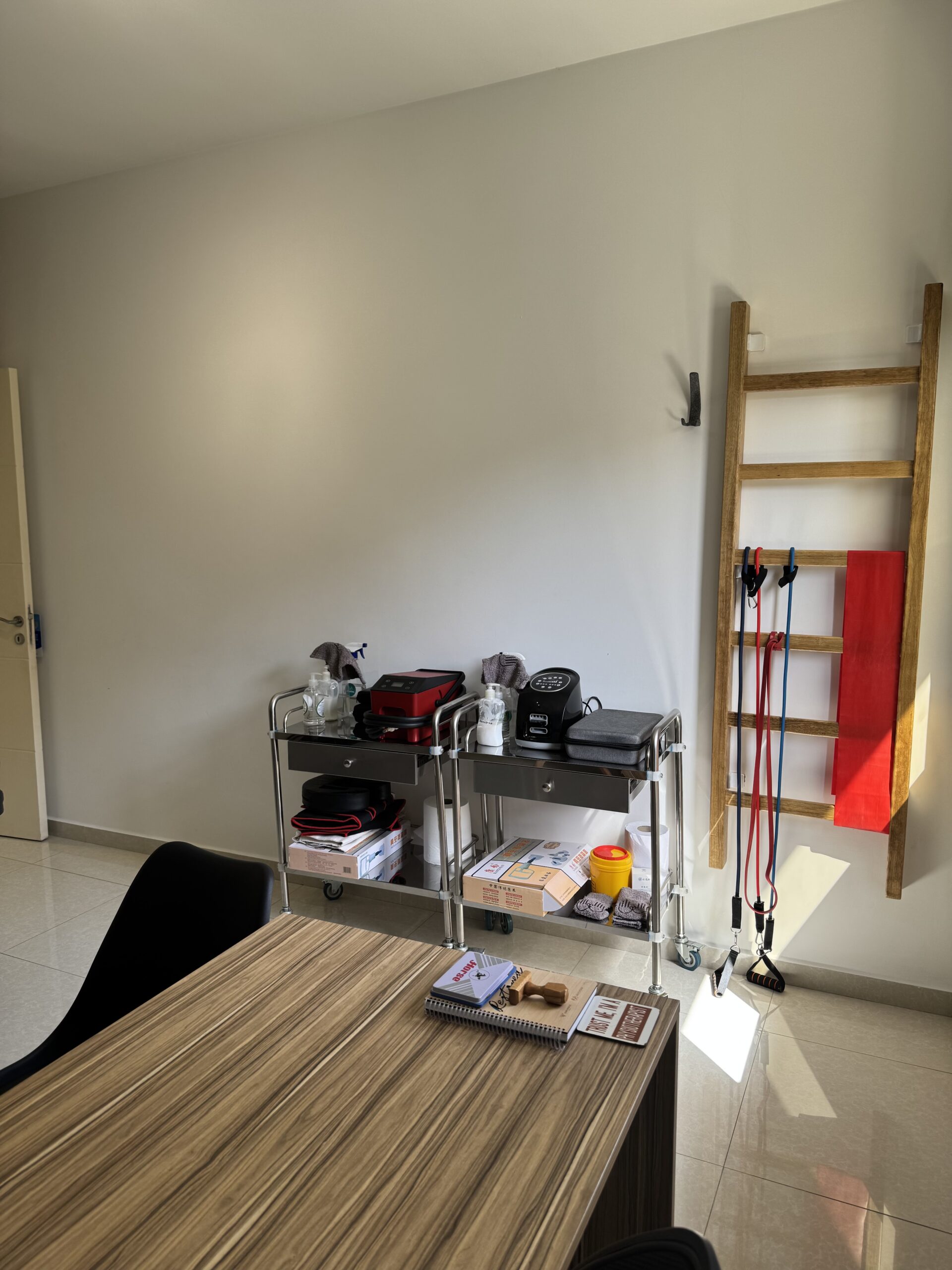
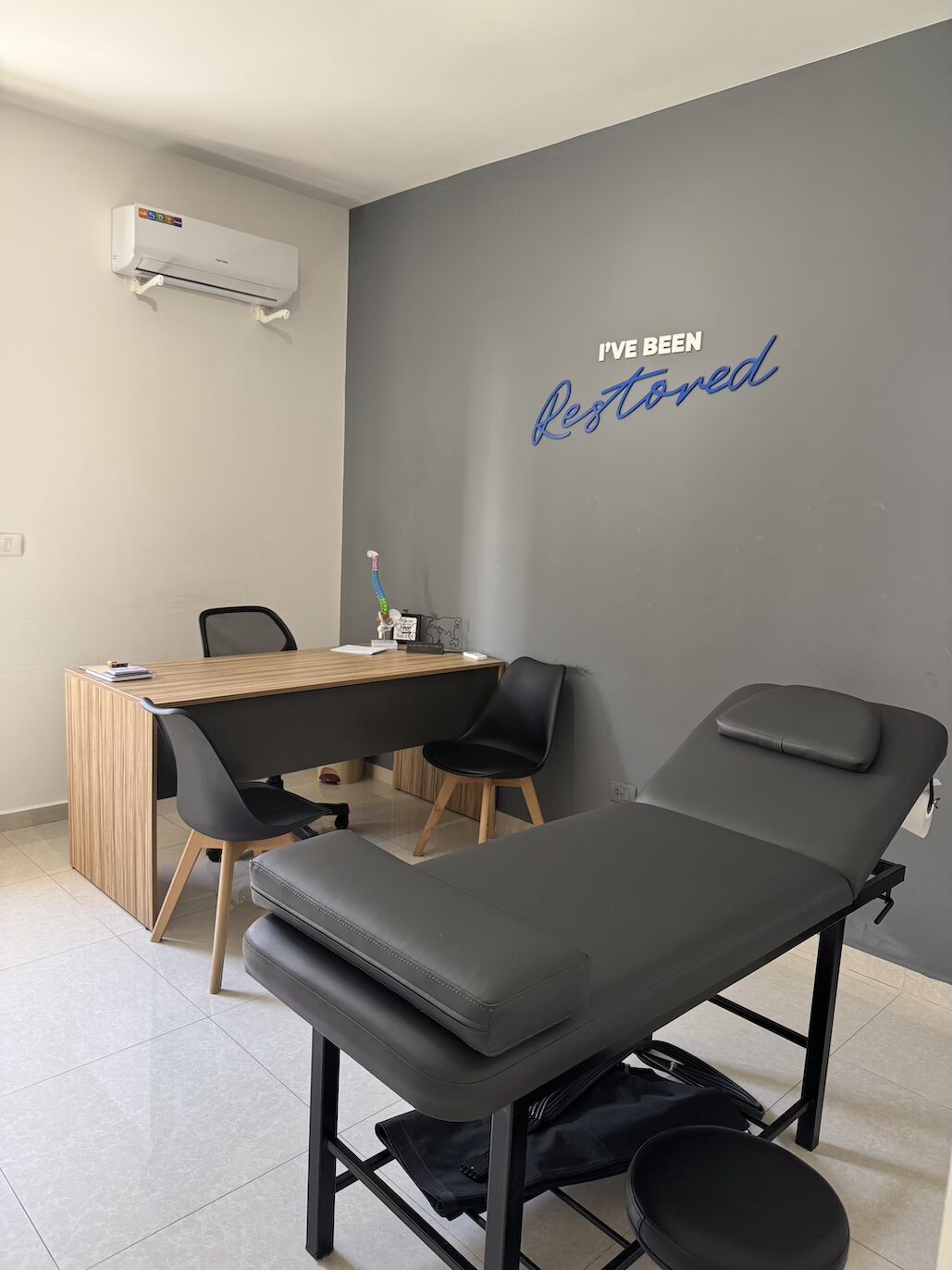
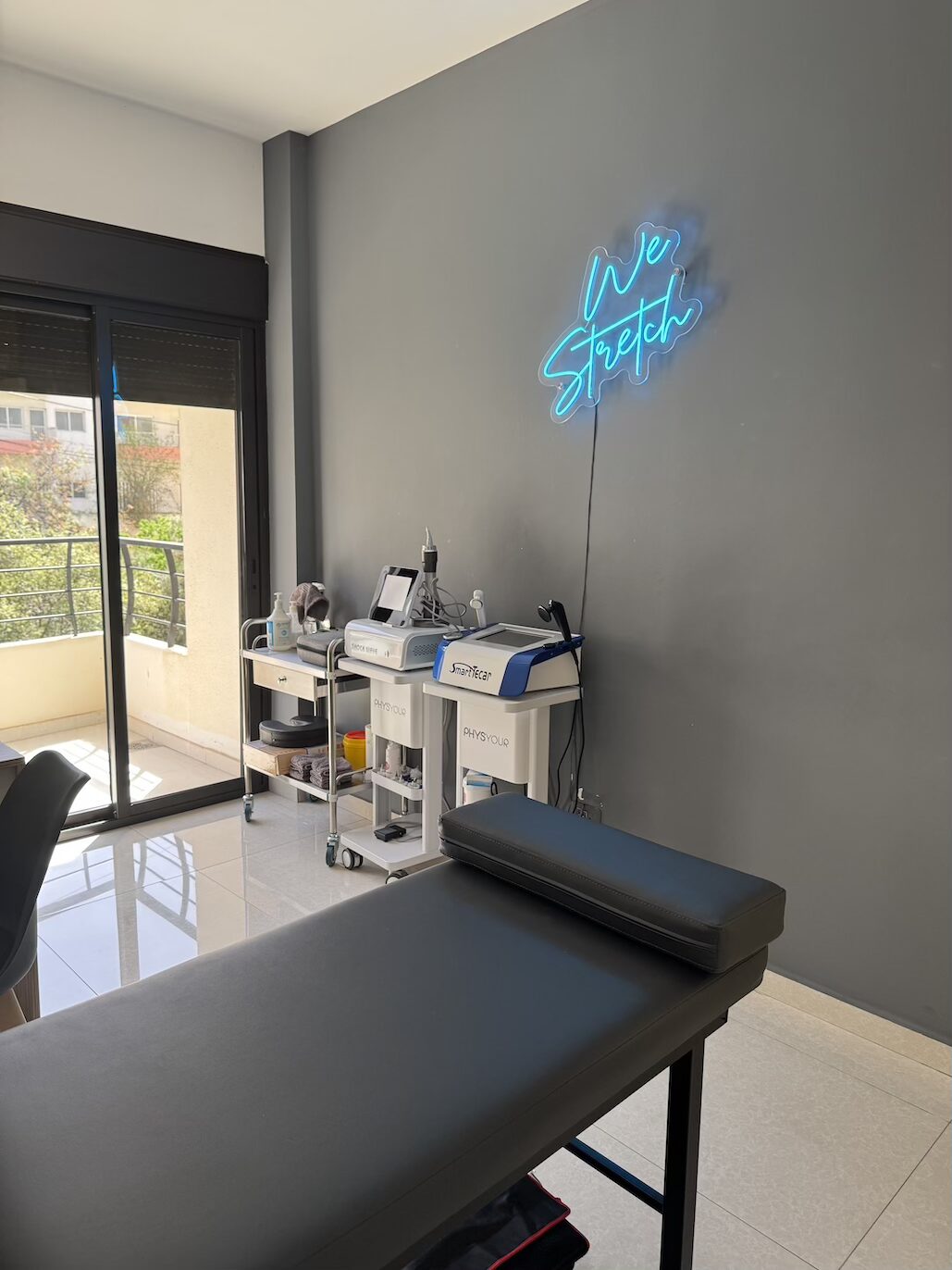
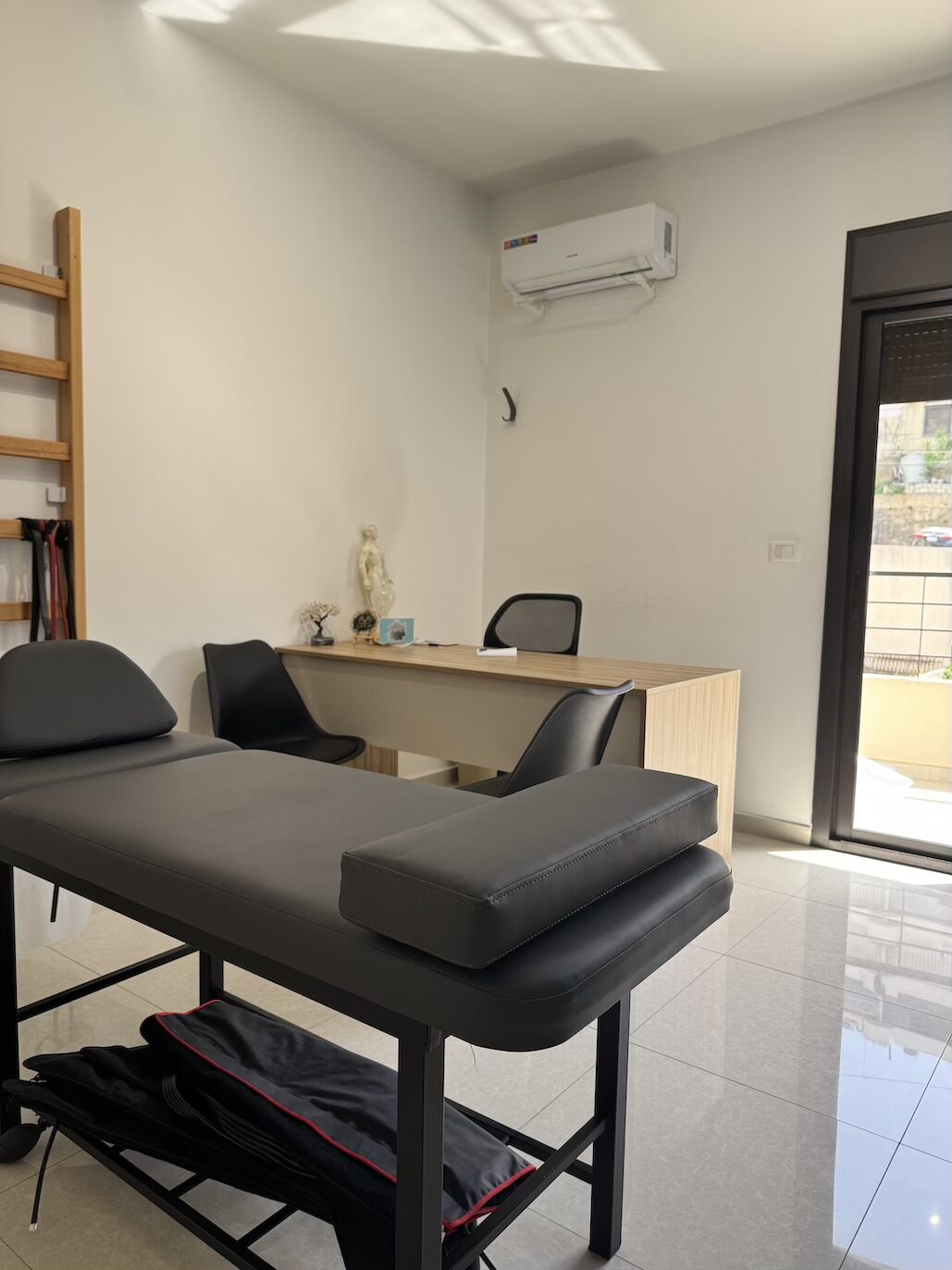
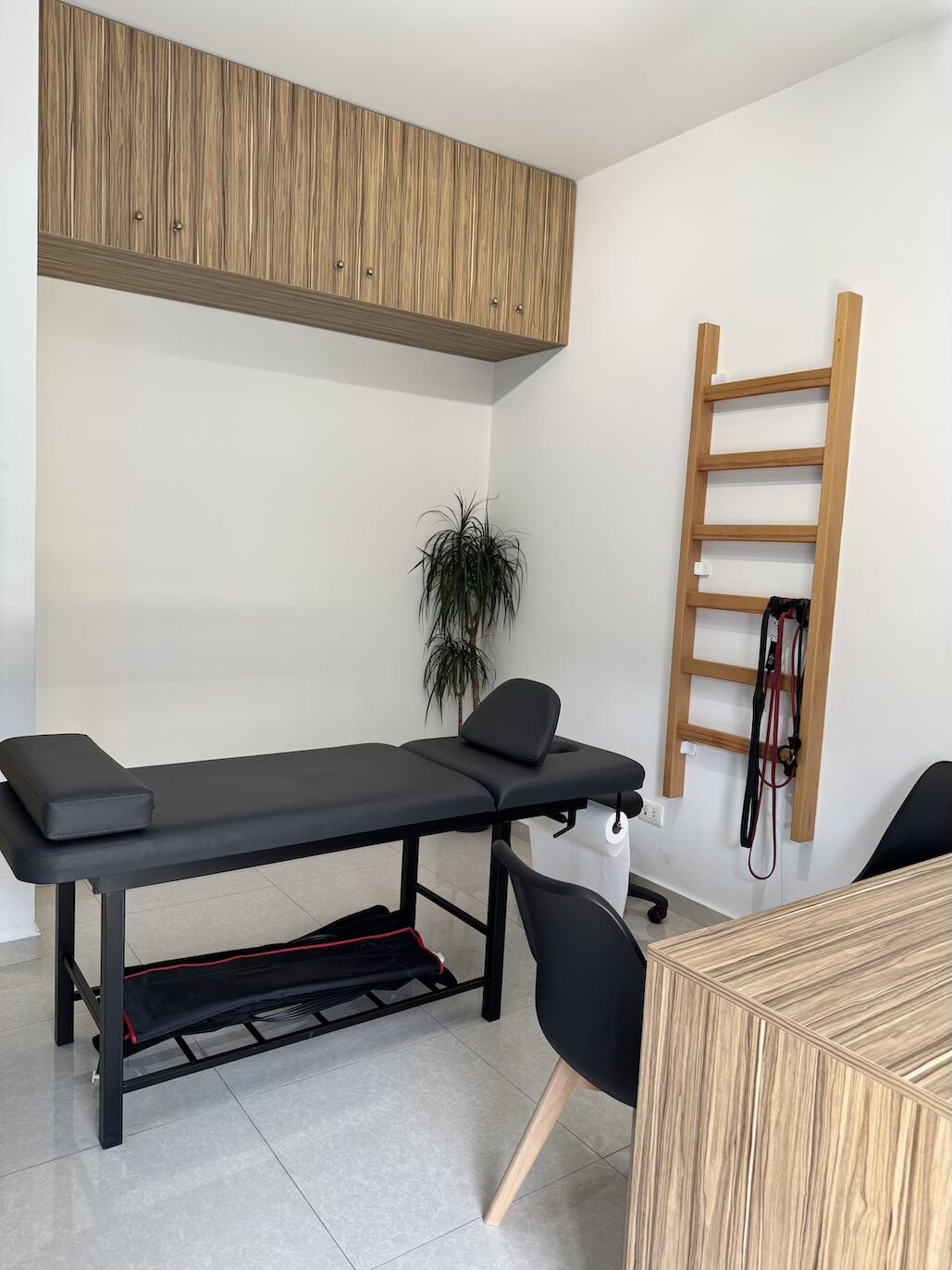
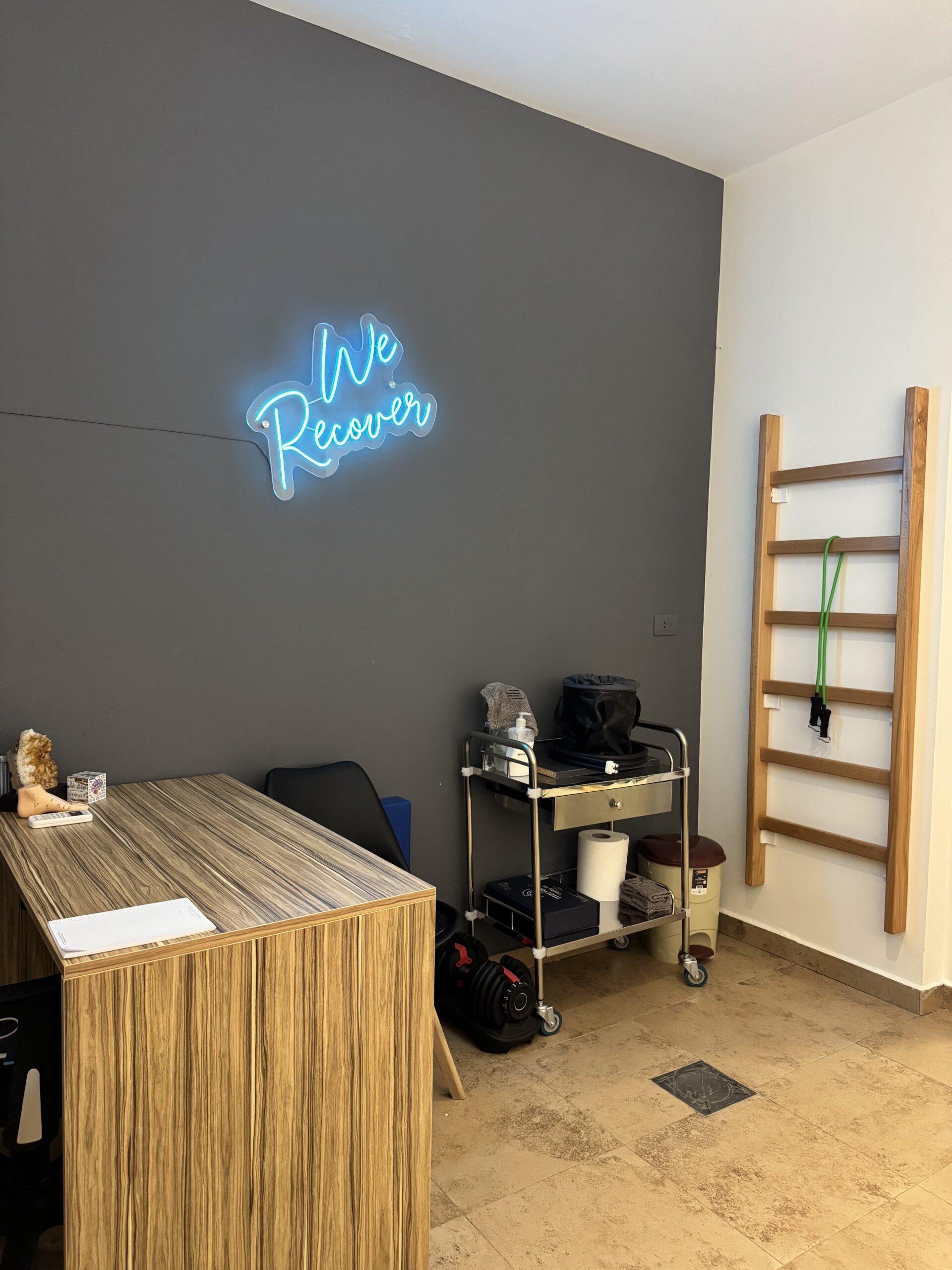
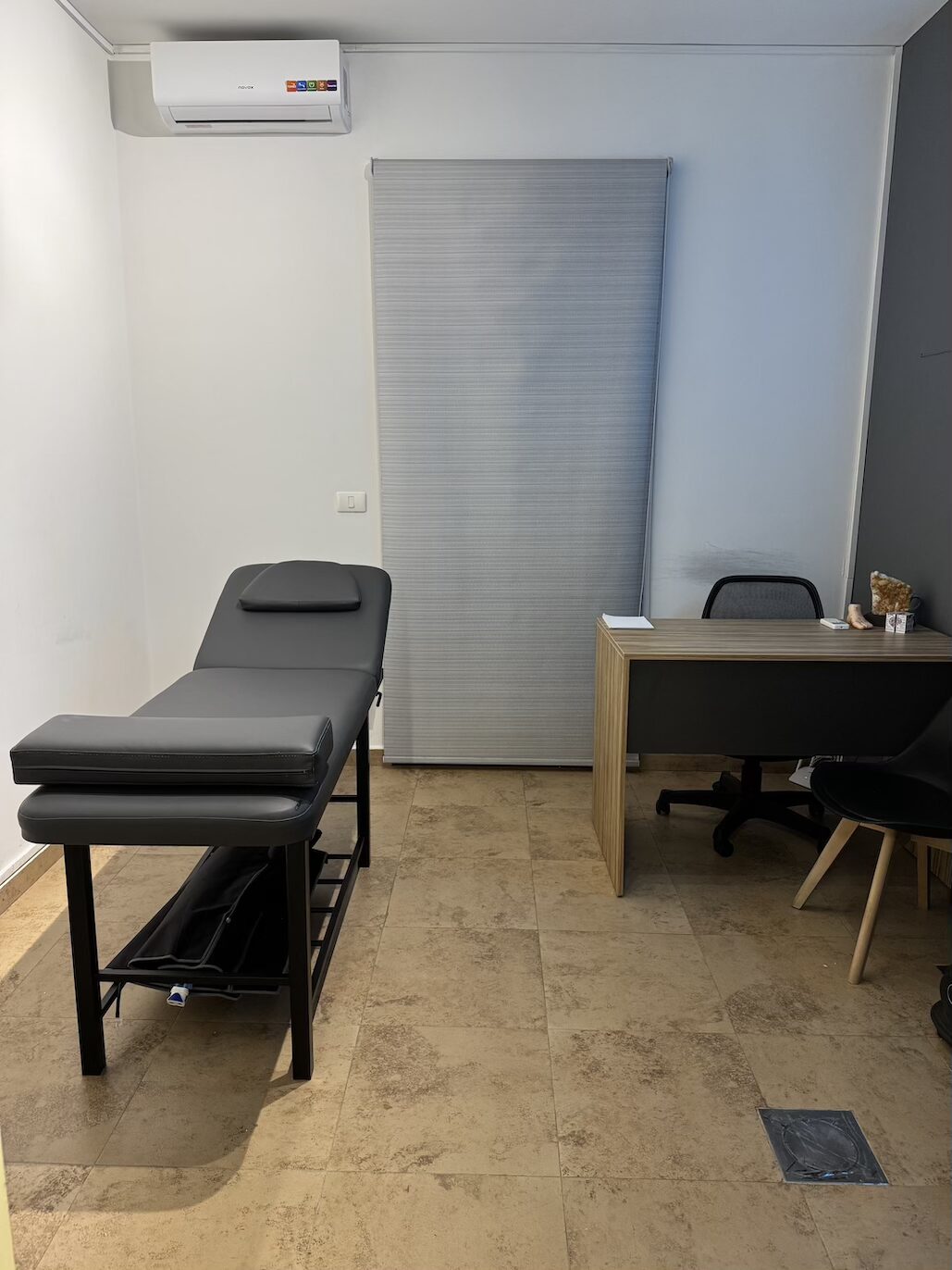


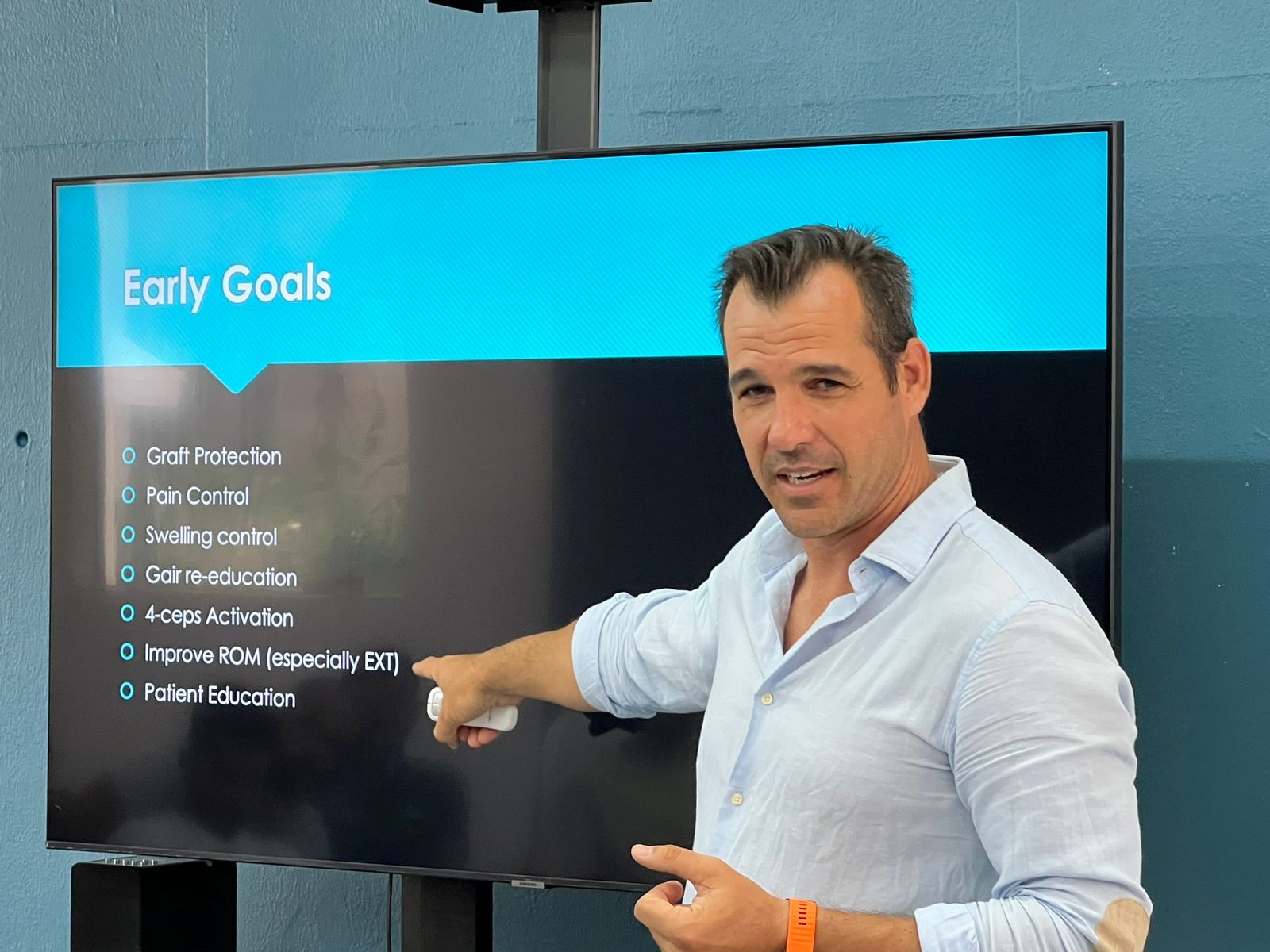
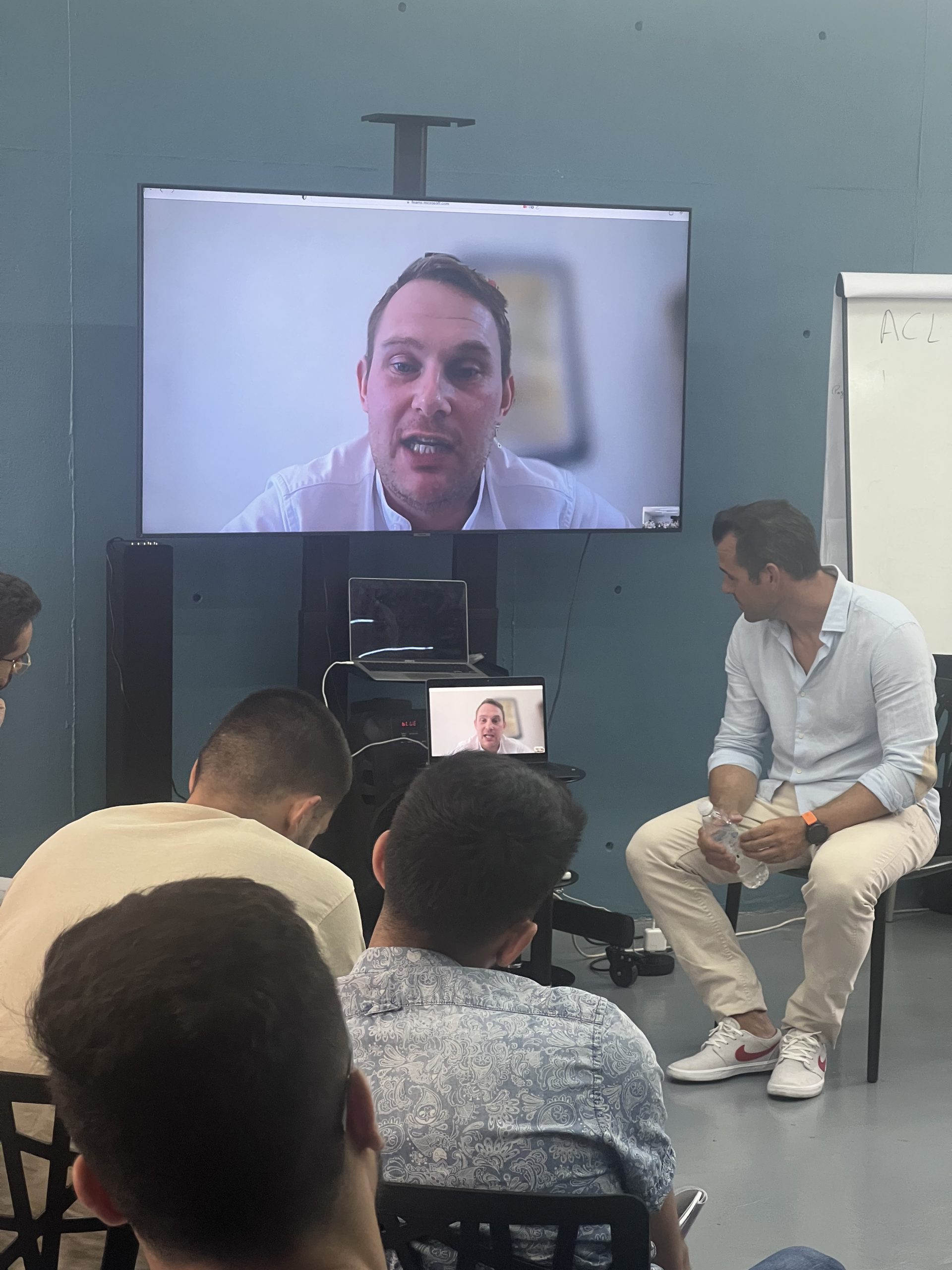
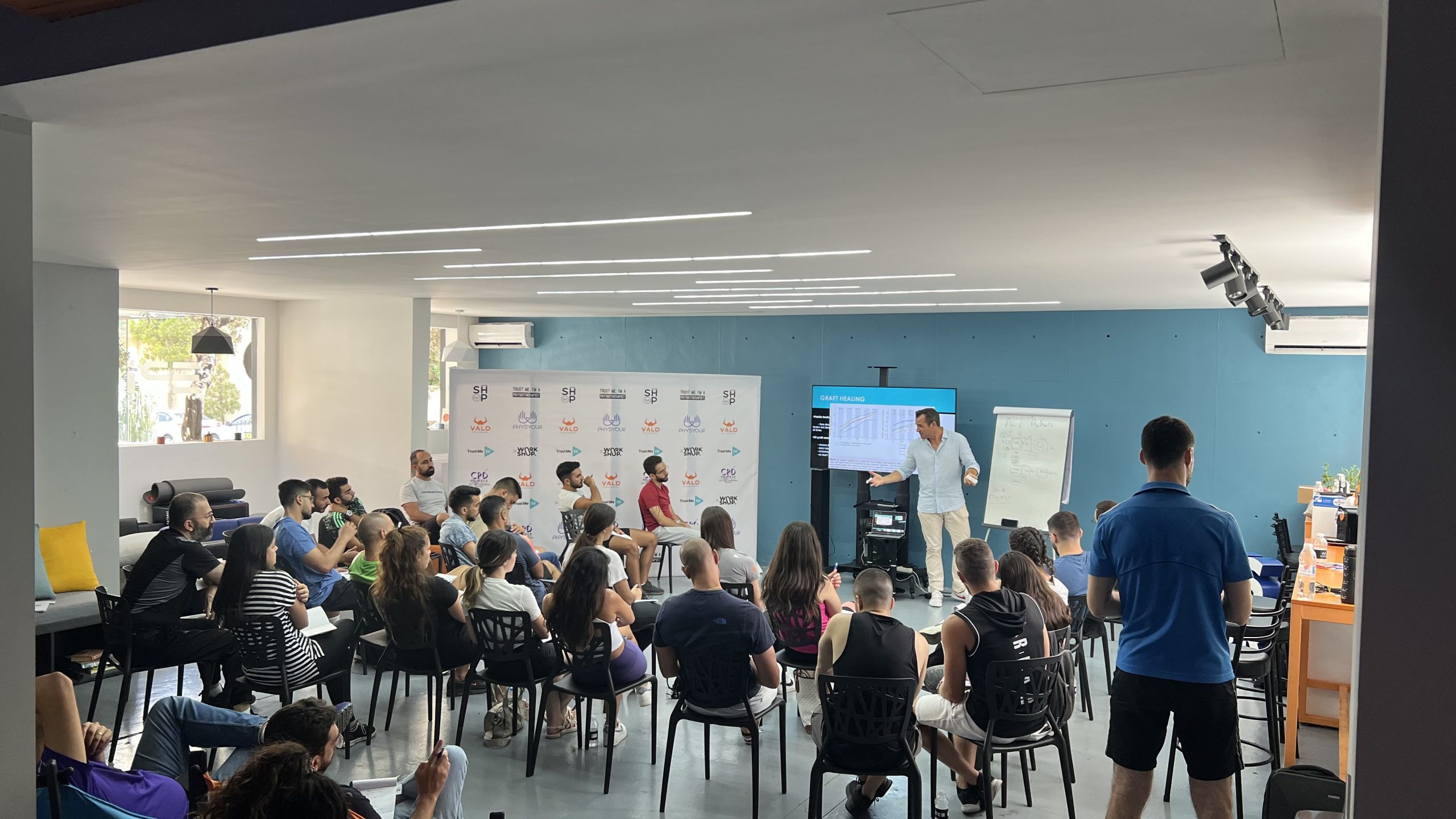
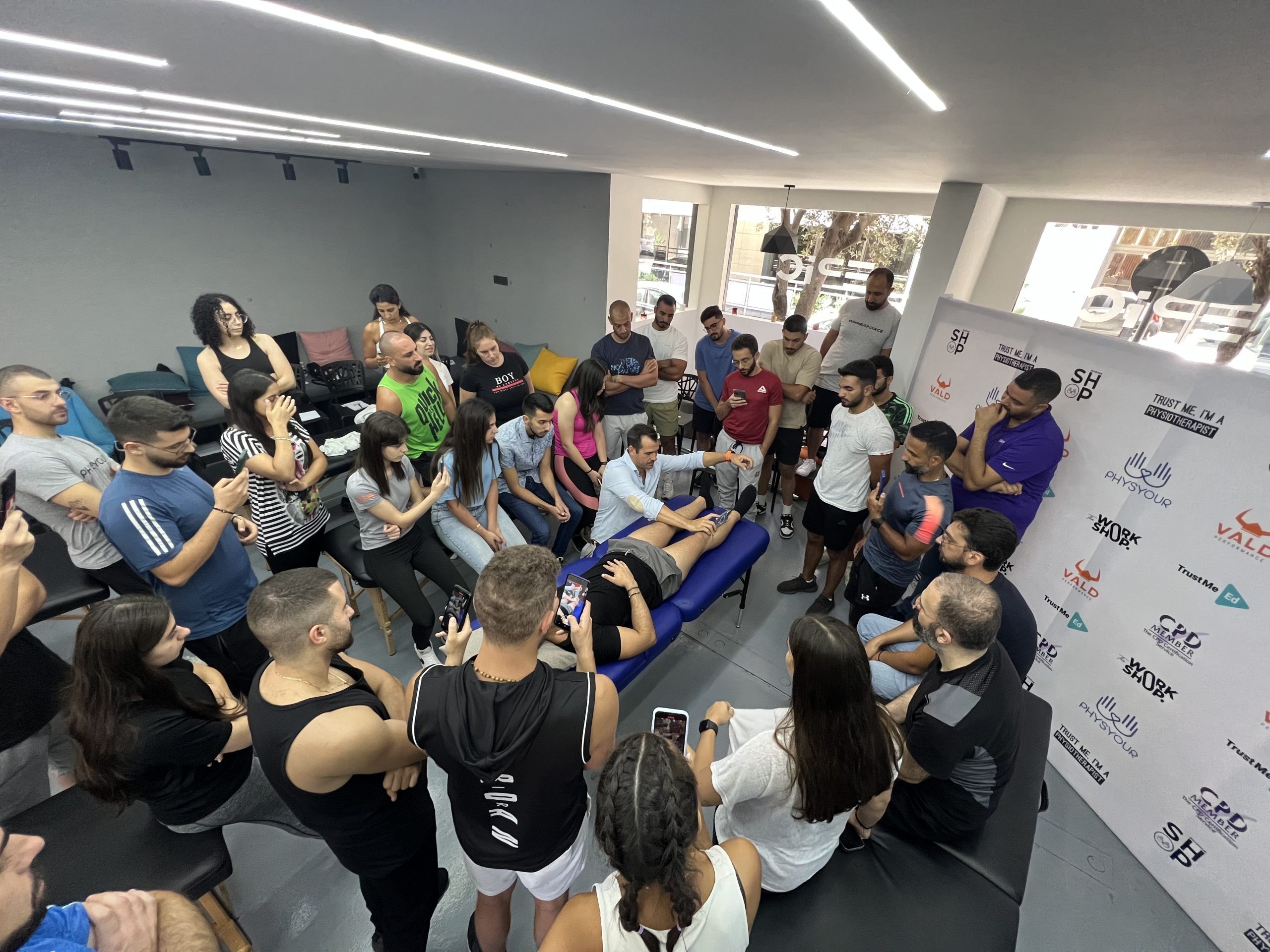



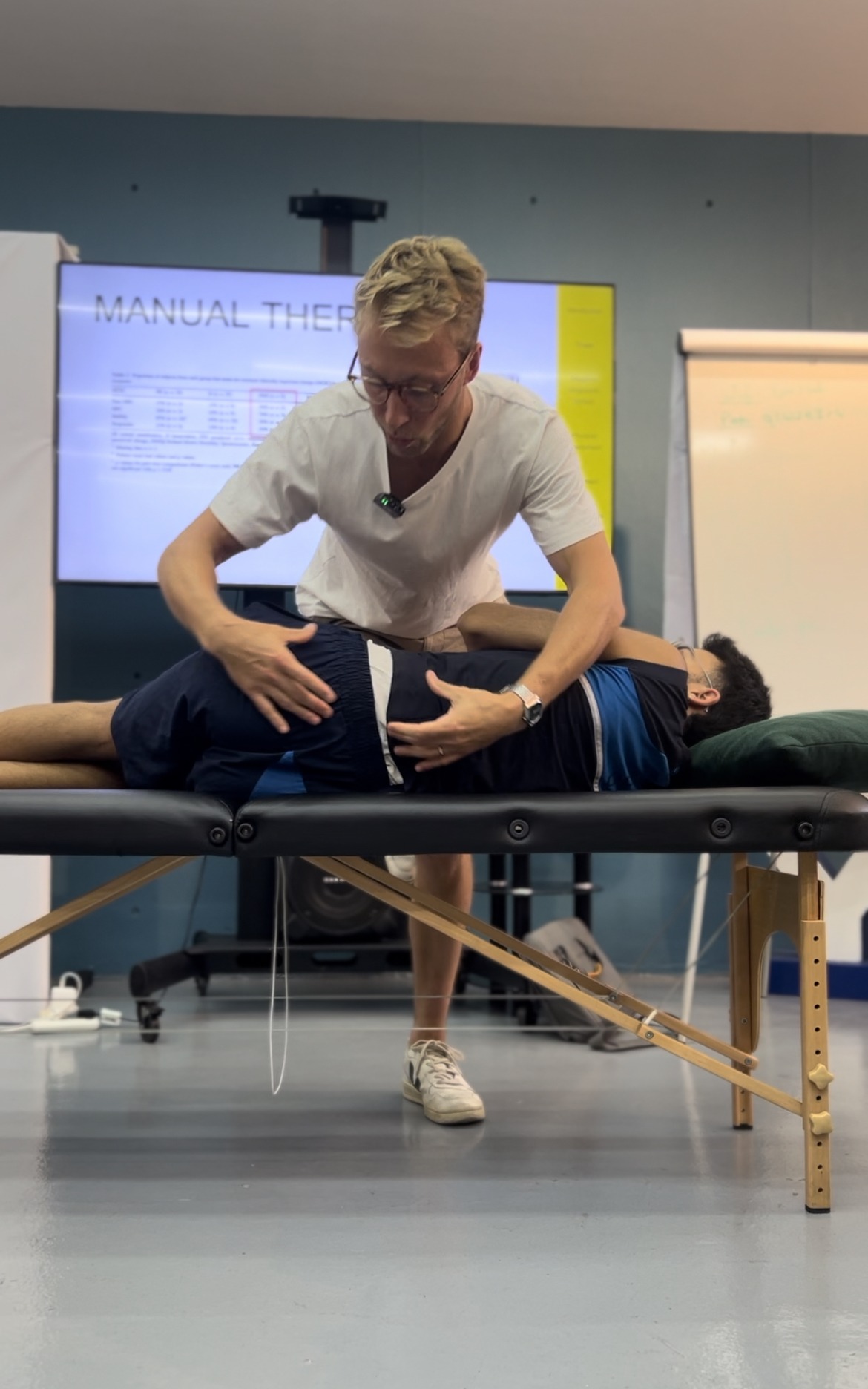
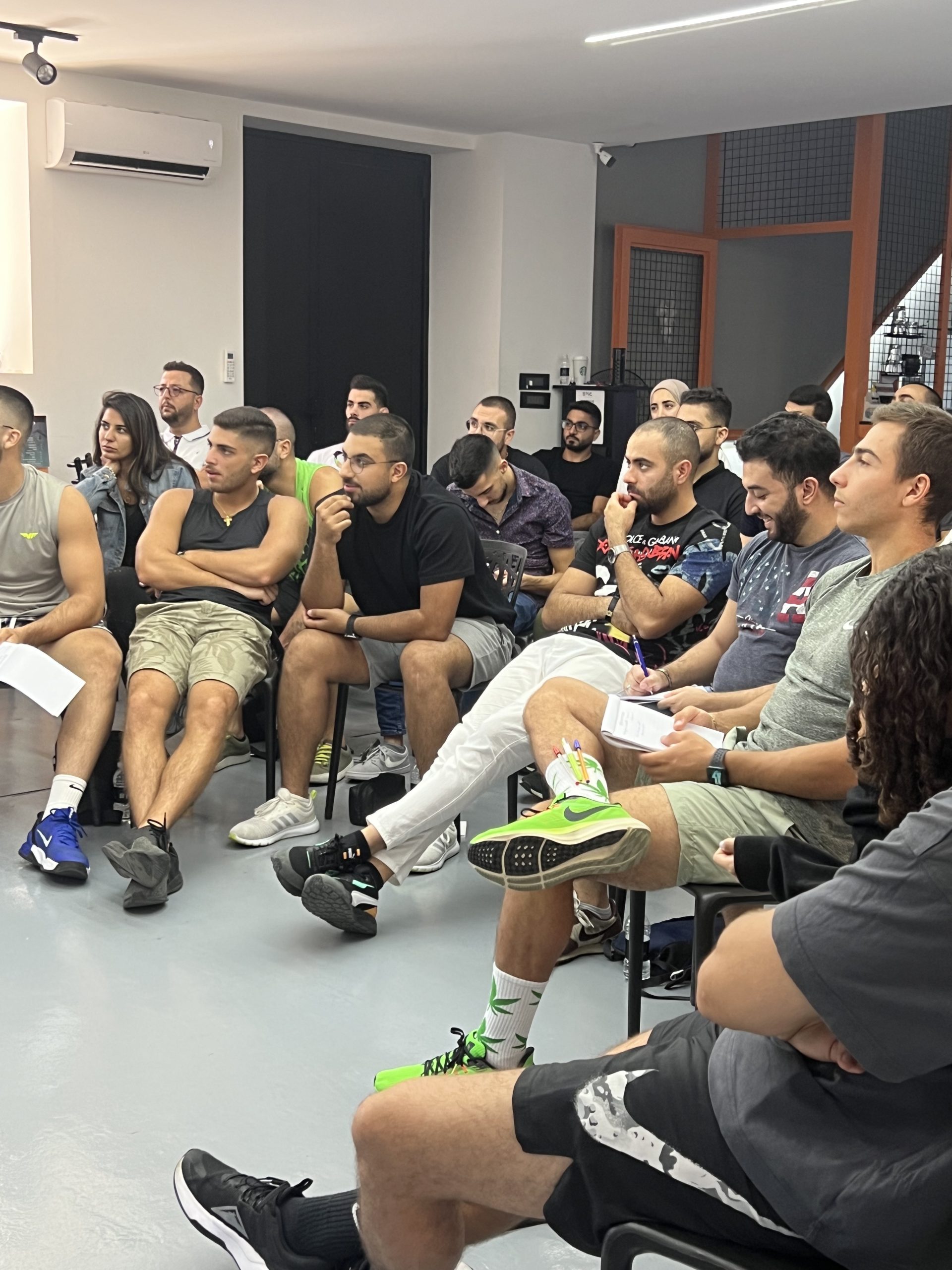
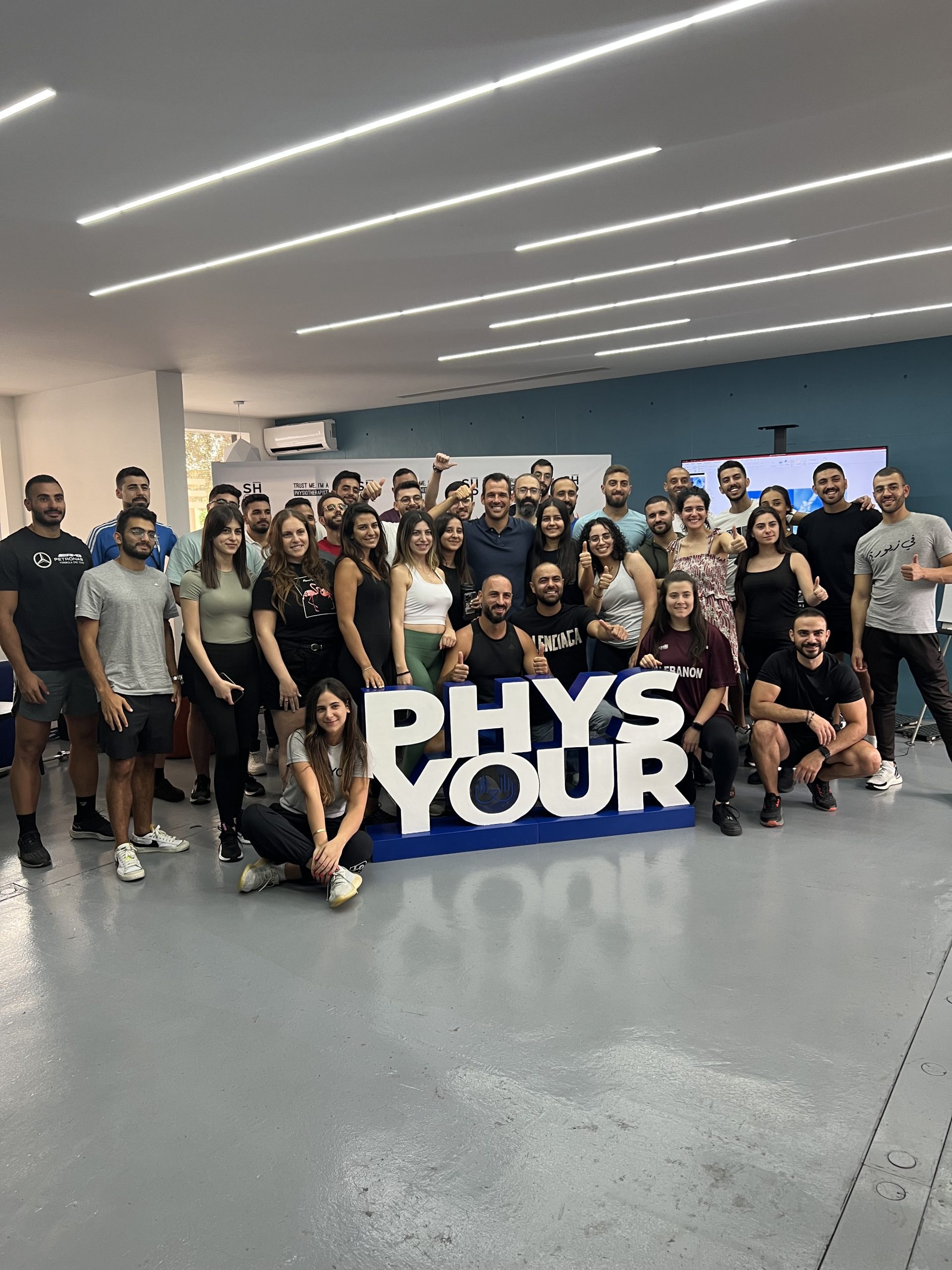
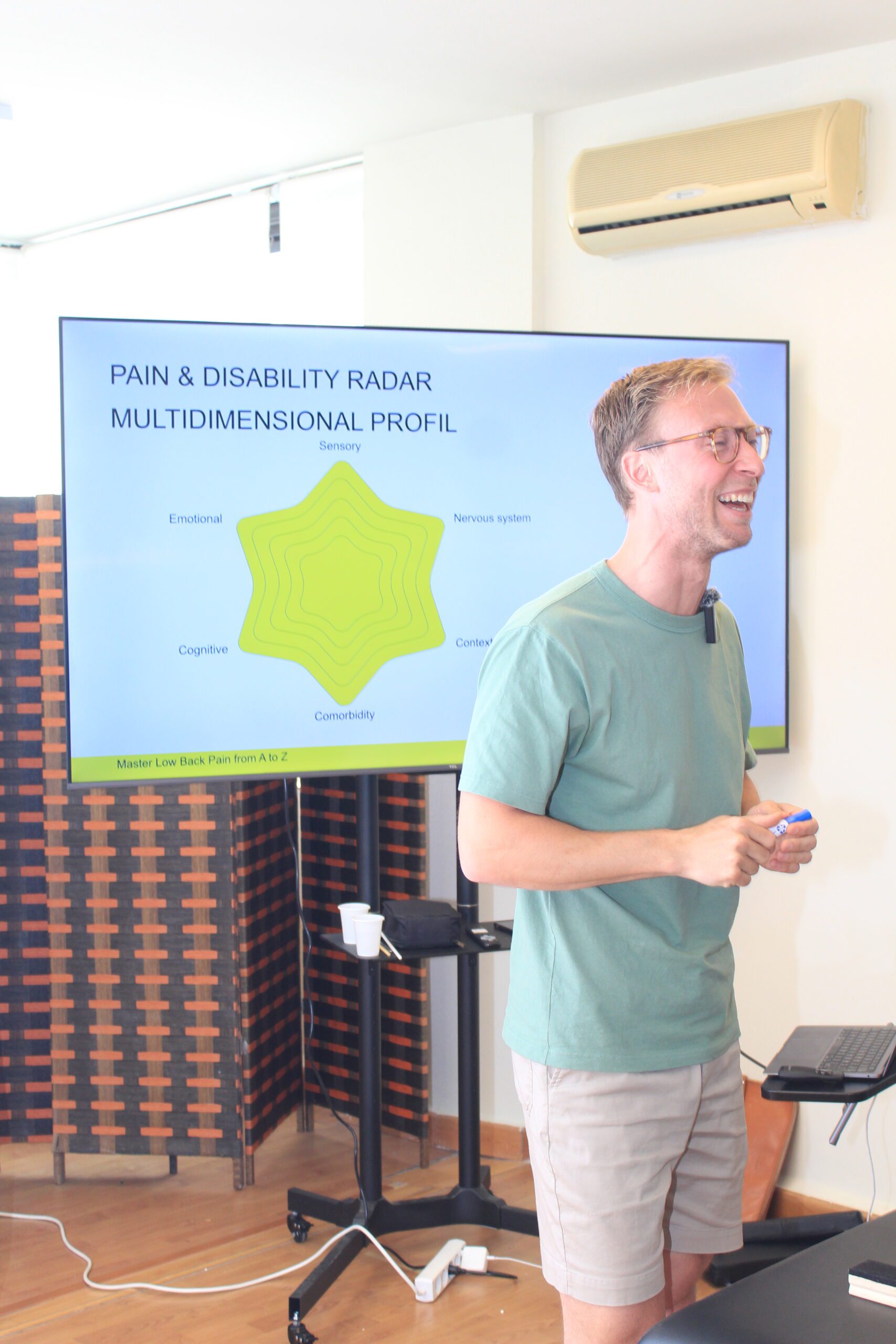
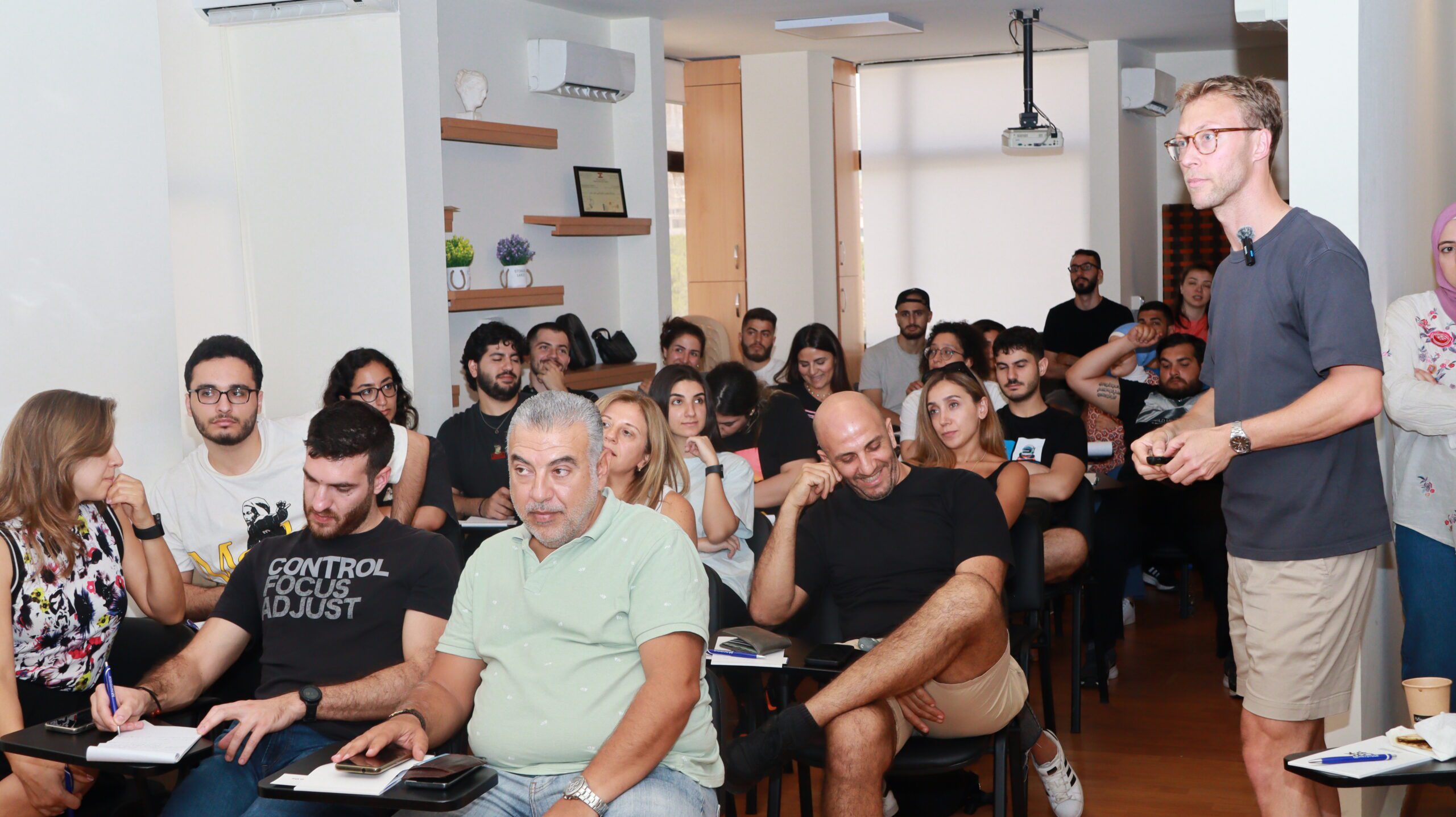
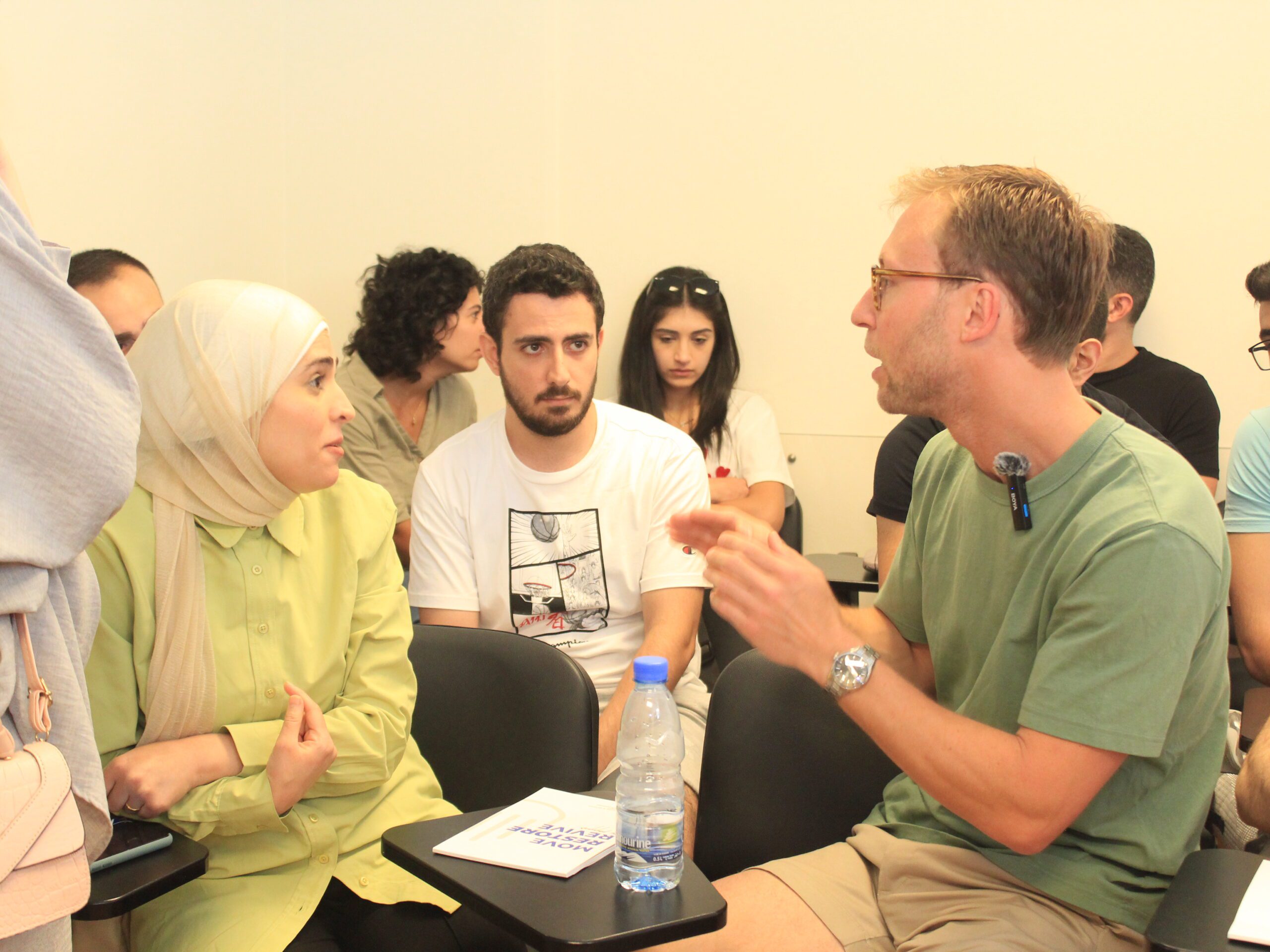

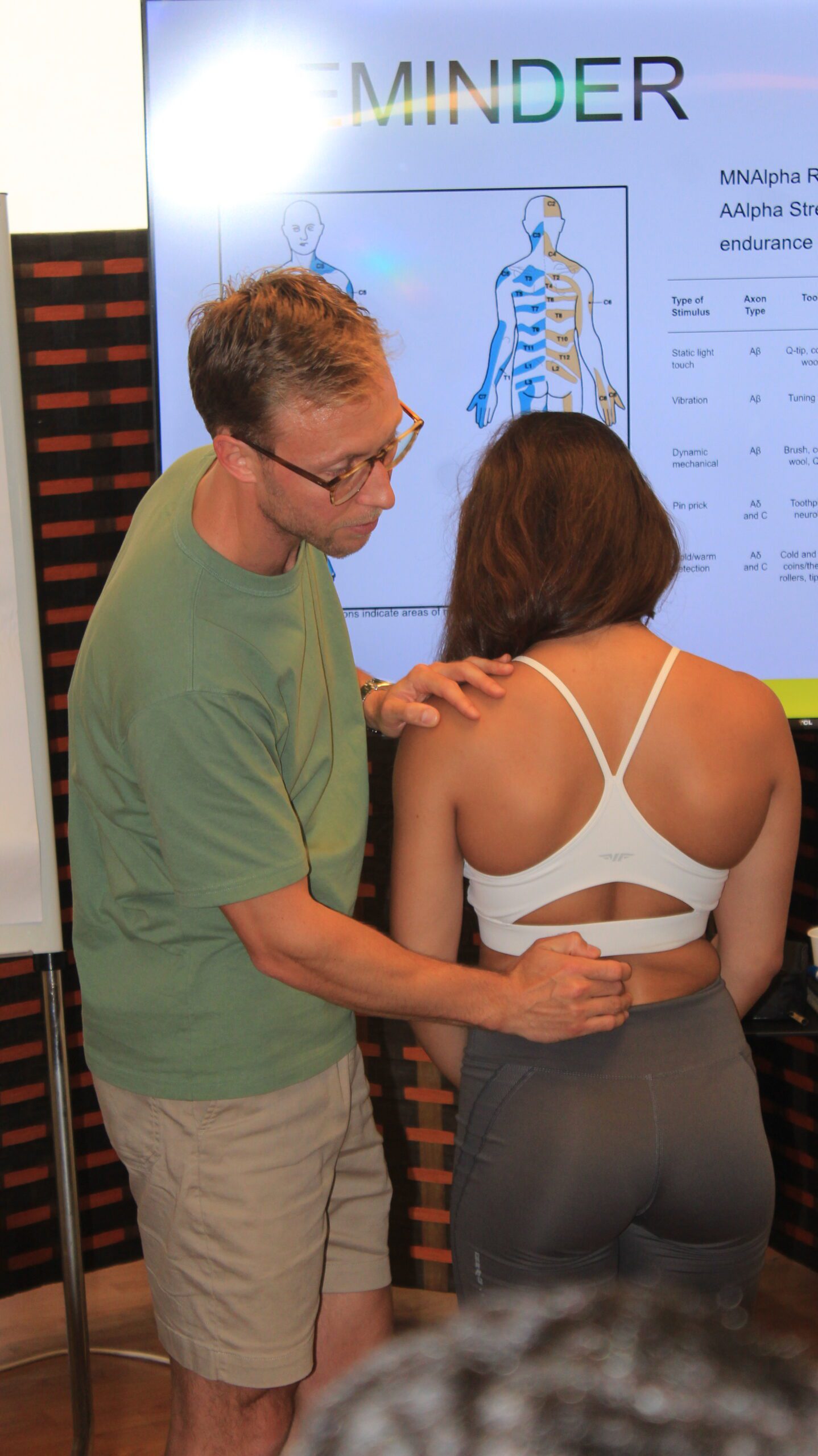
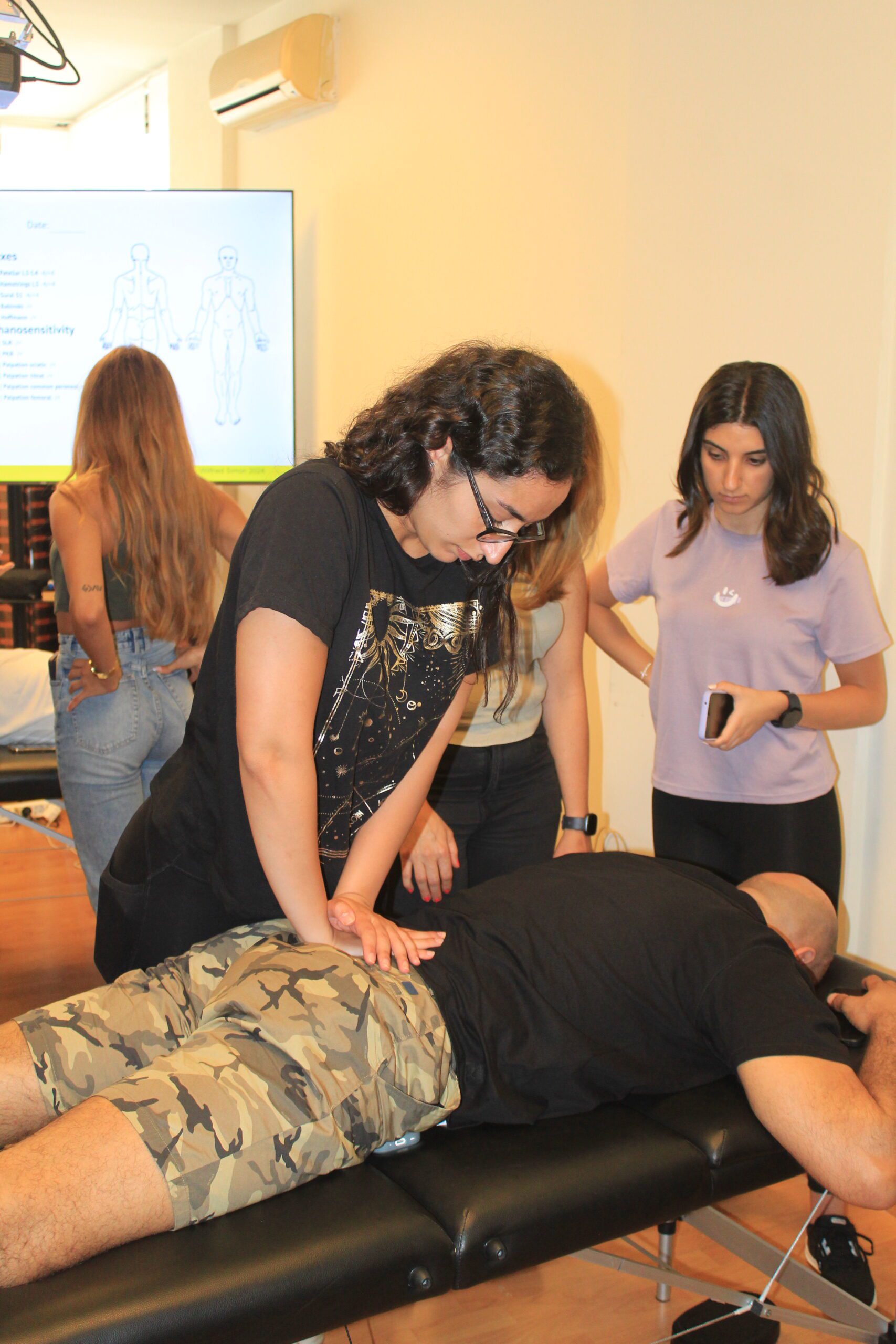
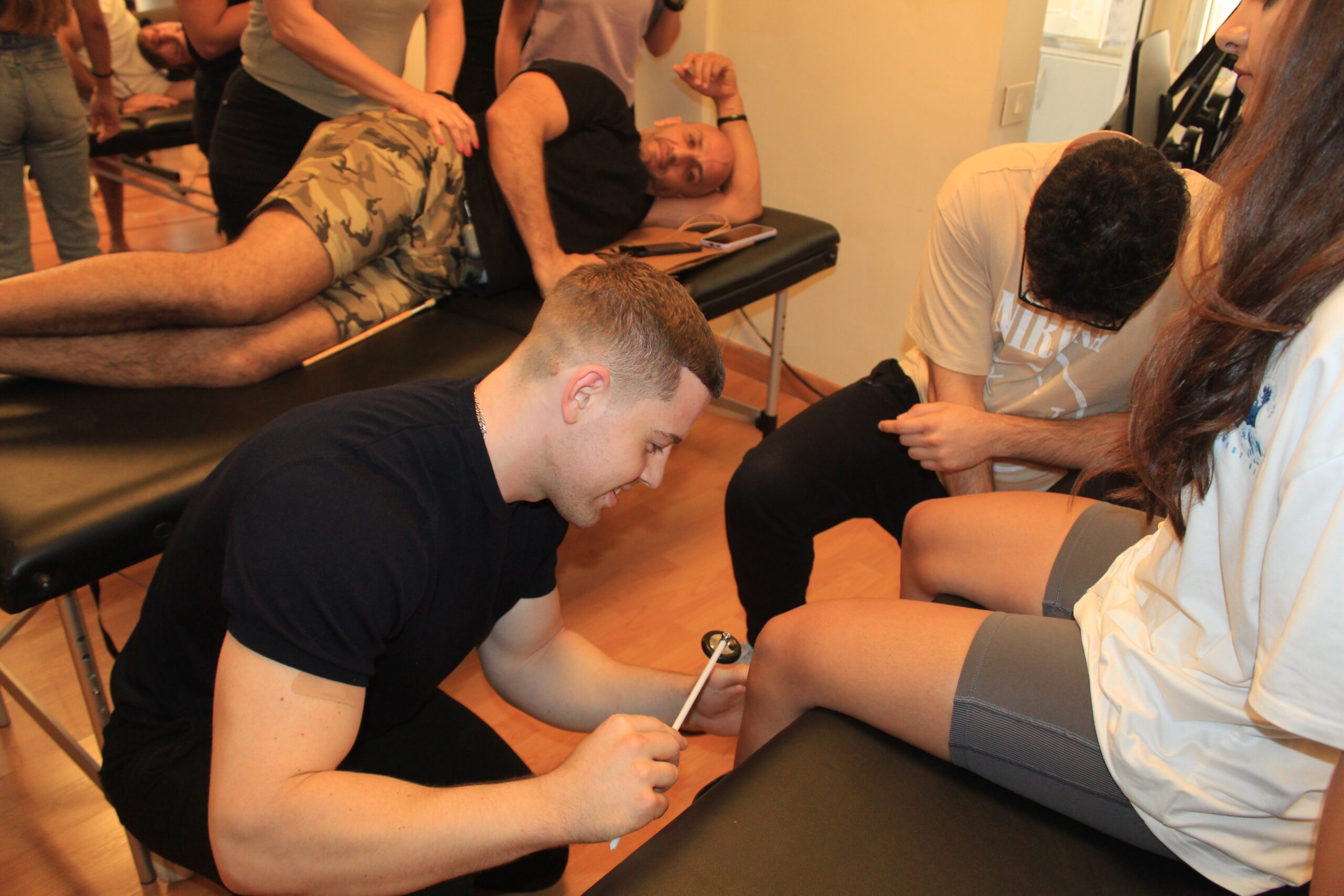
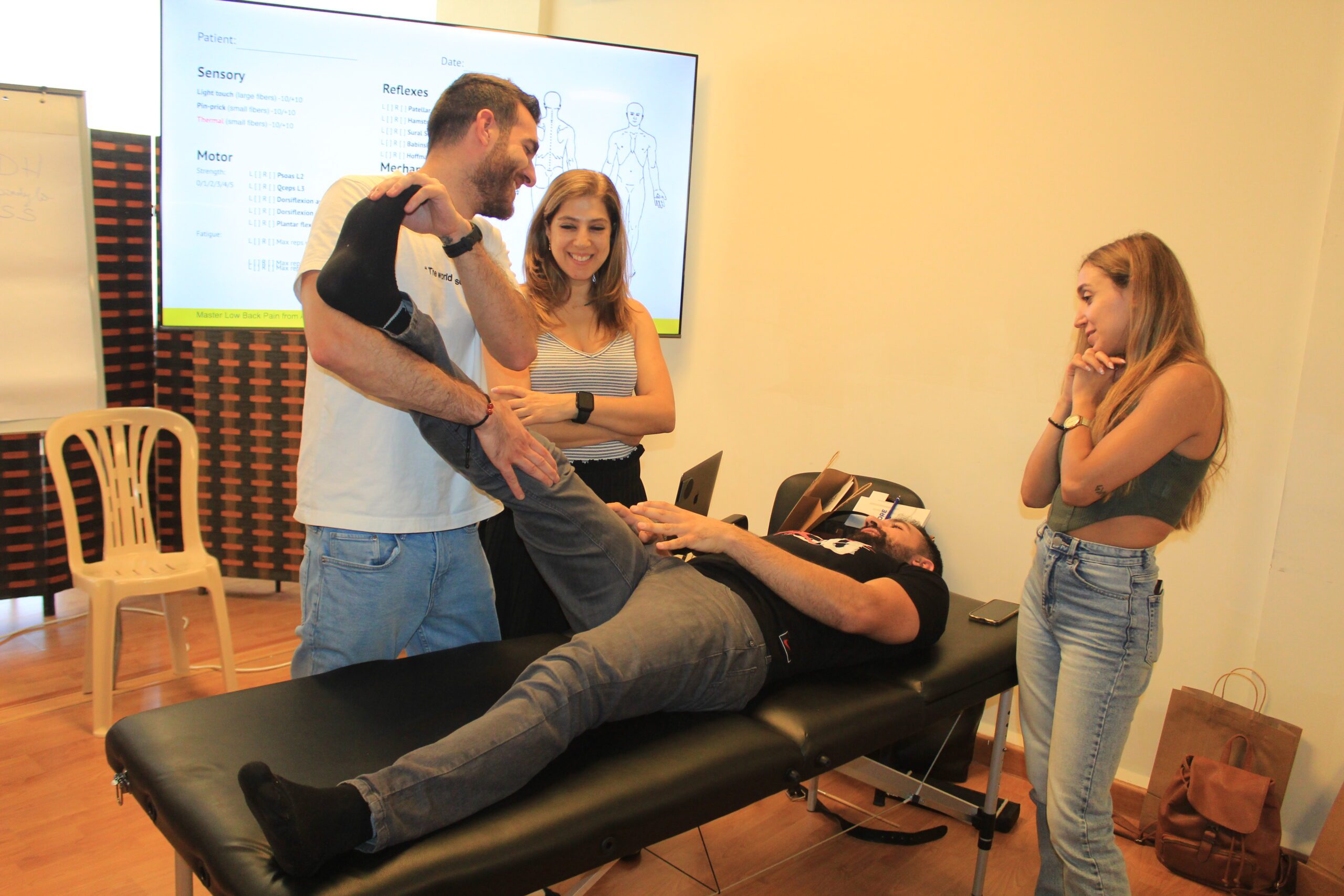
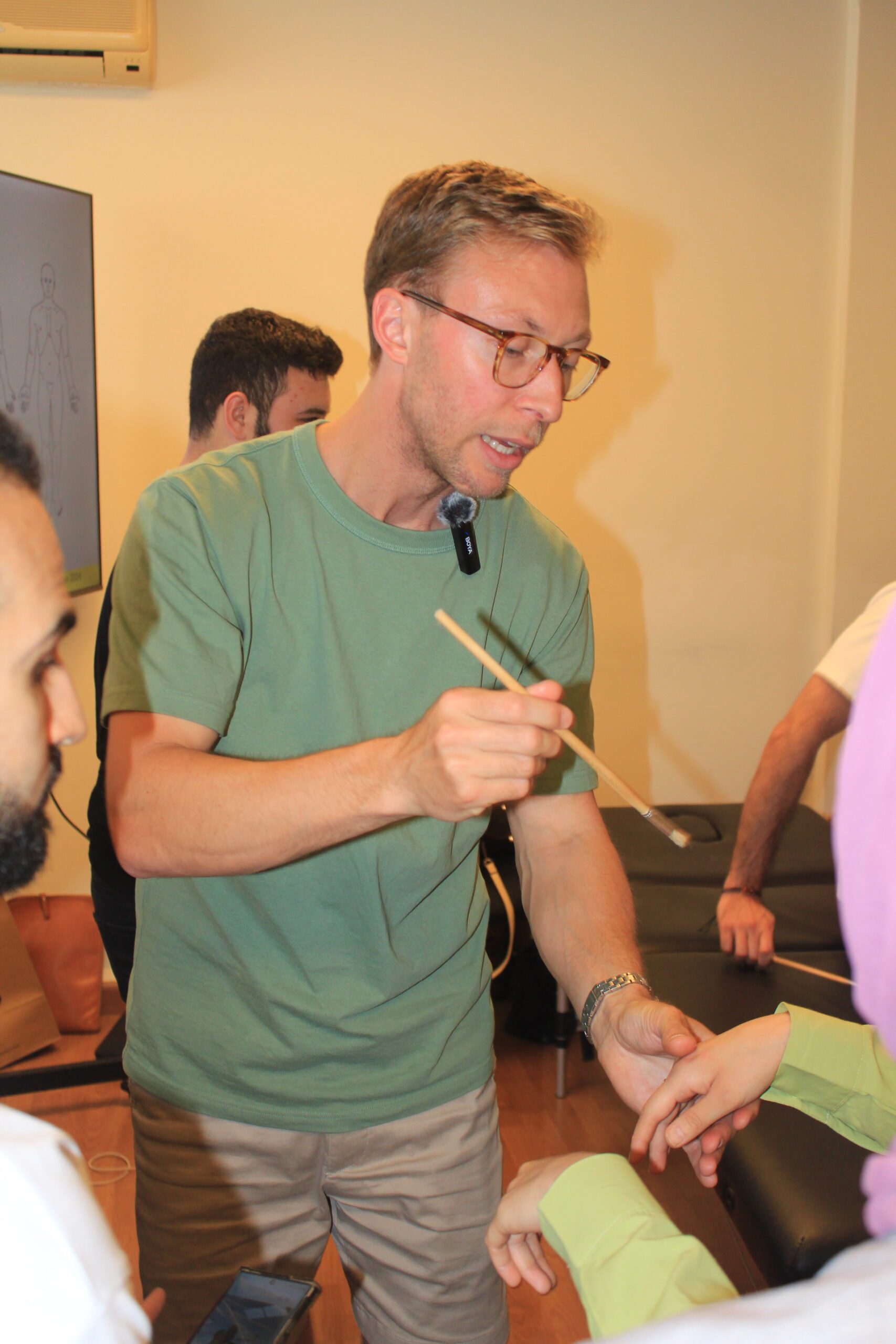
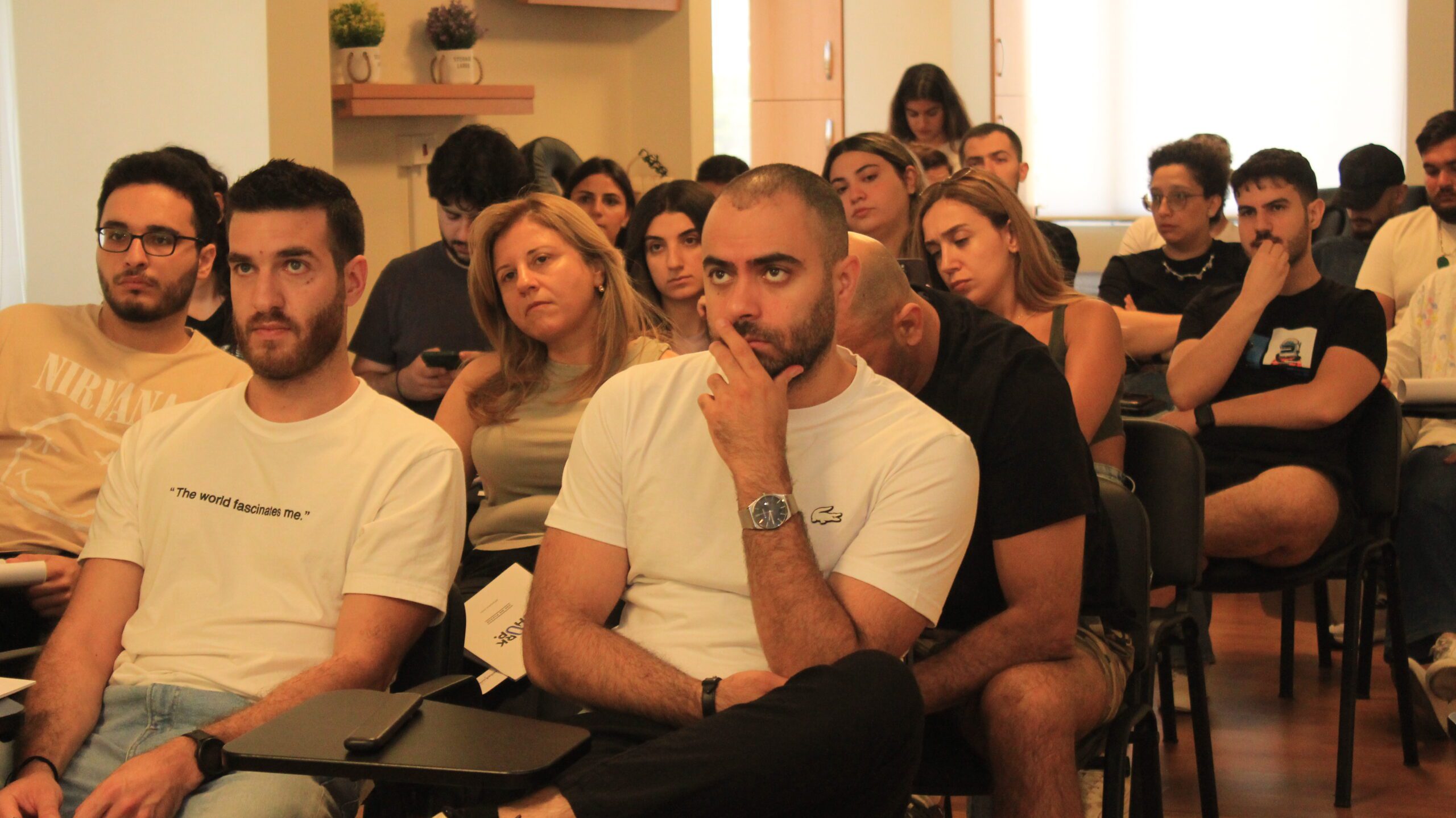
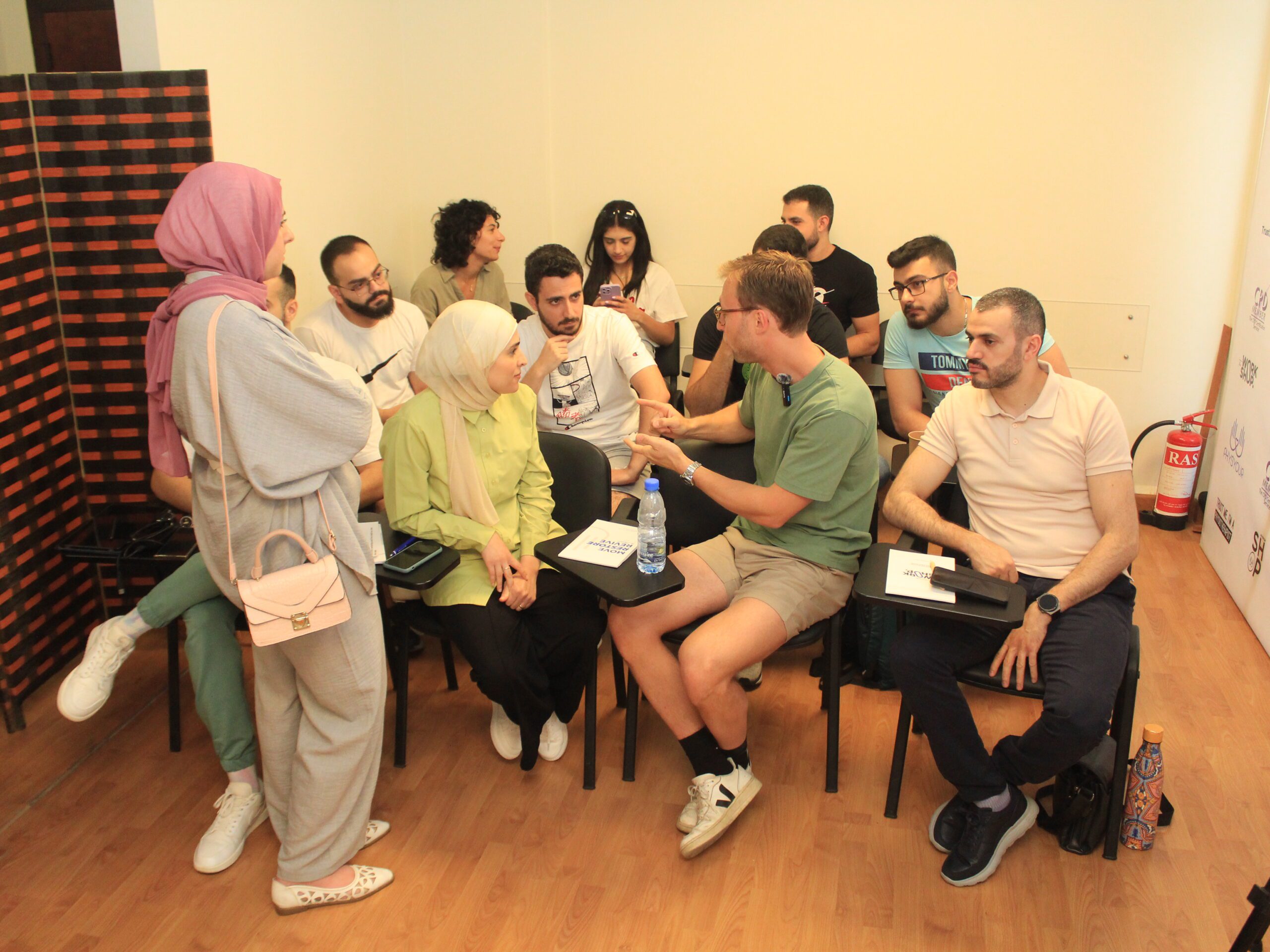
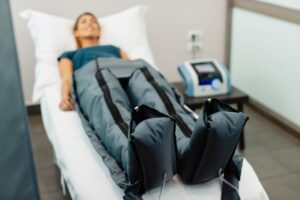 Recovery sessions in physical therapy are essential not only for injury prevention but also for optimizing performance and maintaining long-term athletic health.
Recovery sessions in physical therapy are essential not only for injury prevention but also for optimizing performance and maintaining long-term athletic health.
